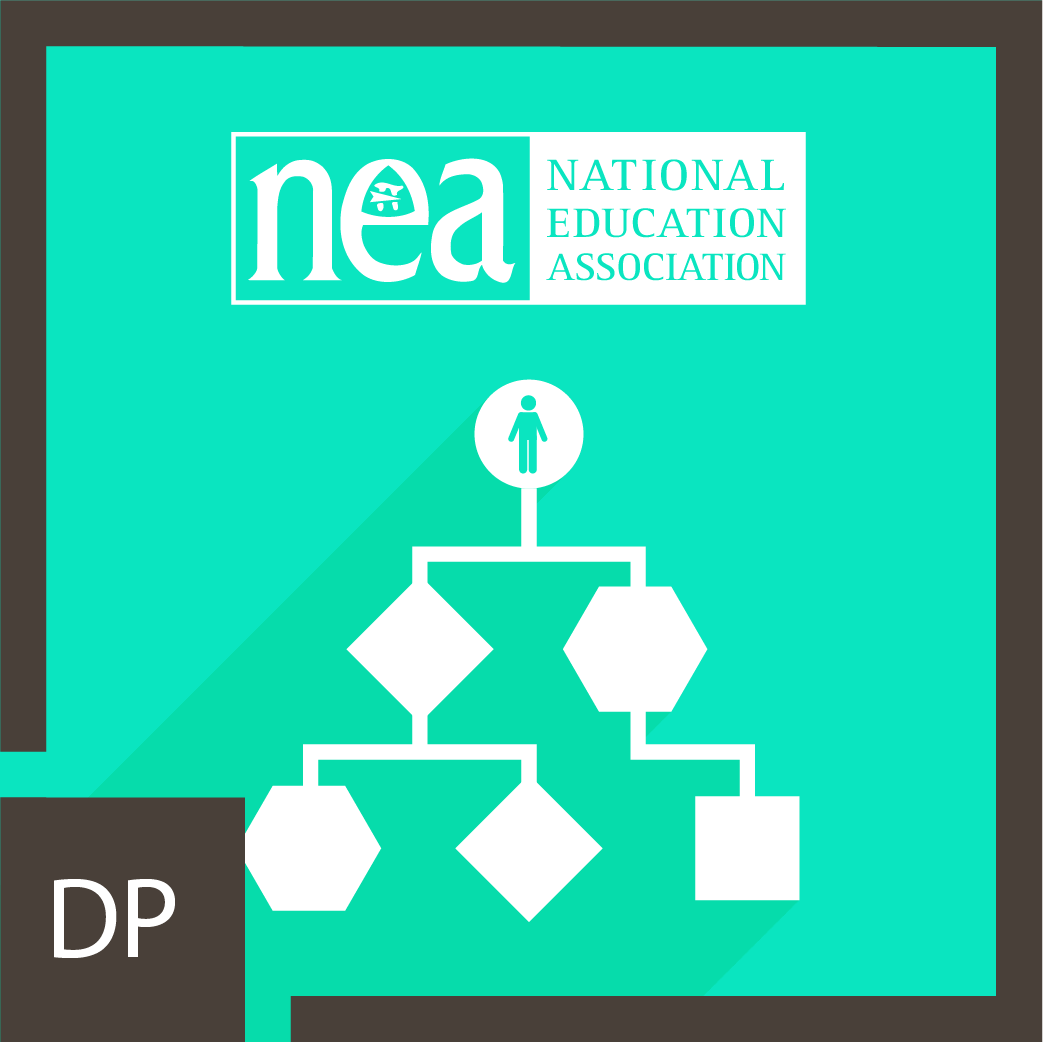
|
2. Understanding the IEP Process
Educator uses district policy, state regulations, and federal law to understand Individualized Educational Programs (IEP), goal writing, and implementing instructional supports for learners with IEPs.
Types of Evidence Required: IEP-Present Level, Analysis, SMART Goals, Accomidations, and an Analysis of an IEP Meeting
[View PDF]
|
Start
|
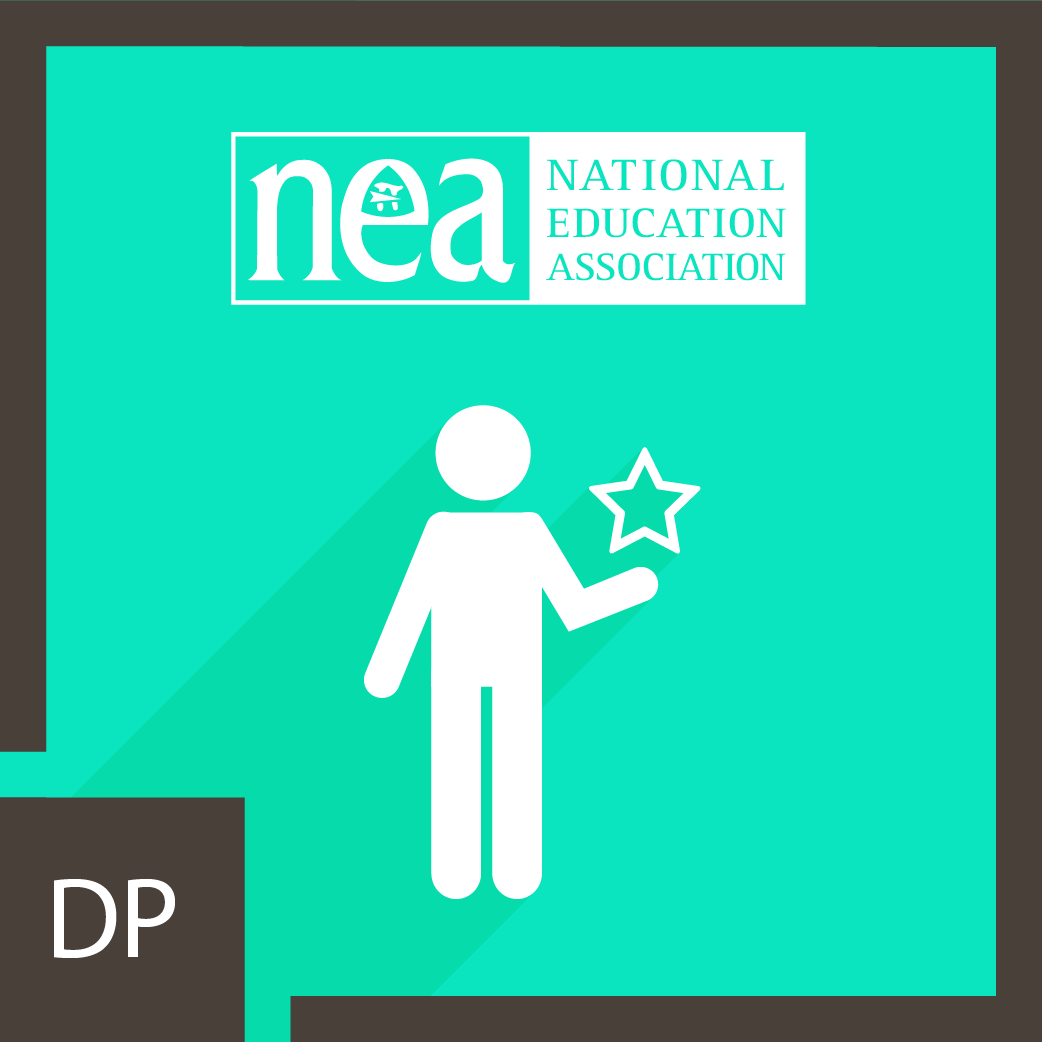
|
4. IDEA- Determining Eligibility
Educator demonstrates an understanding of the connection between laws, regulations, policies, and procedures at the federal, state, and local levels and the process used to determine eligibility for special education and related services.
Types of Evidence Required: Comparison Chart, Informational Pamphlet, and Presentation
[View PDF]
|
Start
|
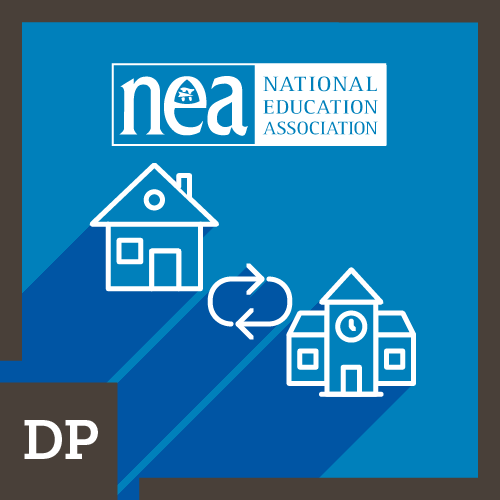
|
6. Community Partnerships for Learning and Family Well-Being
Educator fosters a positive relationship among families, schools and communities to enhance Family Engagement within their school, district and/or community, resulting in the optimum well-being of the students and families.
Types of Evidence Required: Needs assessment, community map and analysis, action plan
[View PDF]
|
Start
|
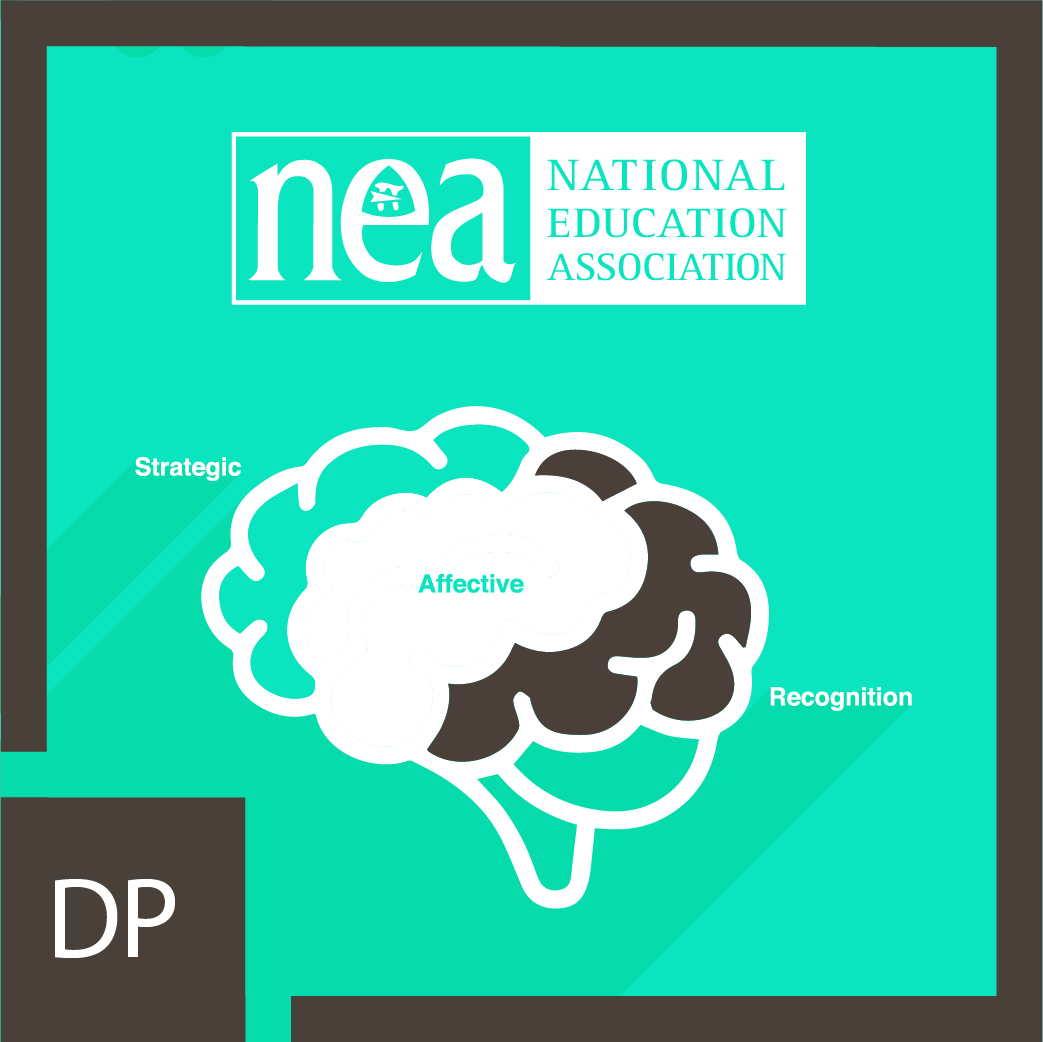
|
6. Introduction to Universal Design and Learning
Educator uses the Universal Design for Learning (UDL) guidelines and checkpoints to enhance their unit of study planning to reduce barriers to learning and support all students to become expert learners.
Types of Evidence Required: Analysis of Current UDL Implementation, Enhanced Unit of Study, and a Wrtitten Rationale
[View PDF]
|
Start
|
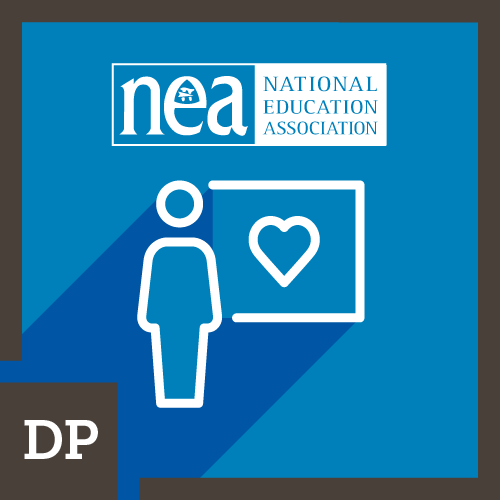
|
7. Leading with Professional Ethics
Educator leads with professional ethics to empower families to support and advocate for students and schools.
Types of Evidence Required: Survey, learning plan,flyer, slide deck, handouts, faciliate a workshop, collect feedback
[View PDF]
|
Start
|
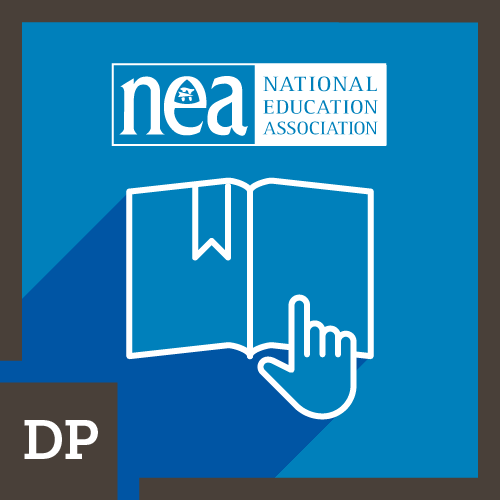
|
8. Family Engagement Systems
Educator recognizes and addresses the systems that impact how families engage within the school and community.
Types of Evidence Required: Needs analysis, Resource guide, Promotion plan
[View PDF]
|
Start
|
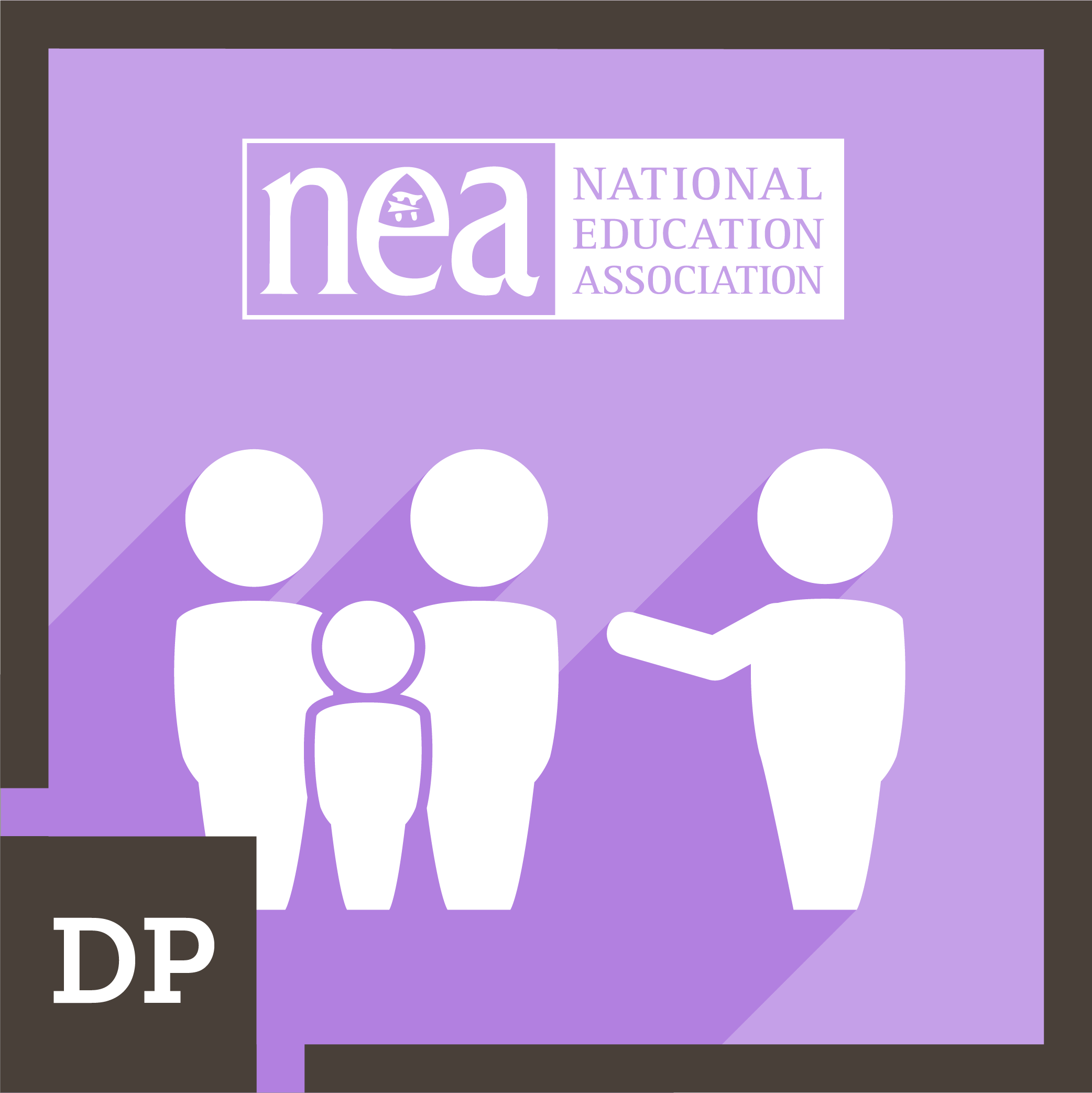
|
Advocating for ELL students and their families at the school level
Educator advocates in their schools for English Language Learner (ELL) students and families using a five-step action plan.
Types of Evidence Required: written artifacts, PowerPoint presentation
[View PDF]
|
Start
|
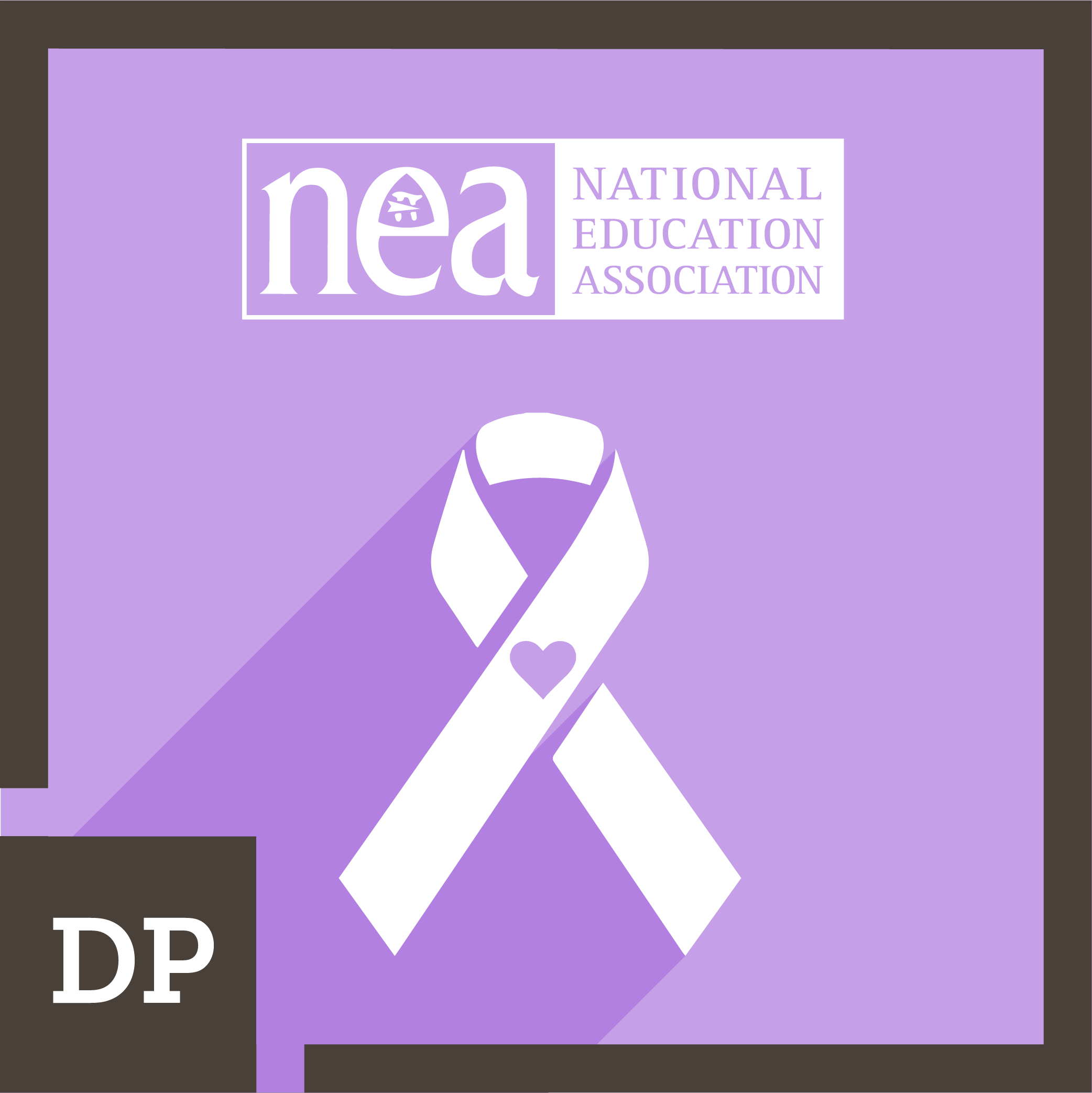
|
Advocating for English Language Learners (ELL) Friendly Local, State, and Federal Policies
Educator advocates at the local, state, and/or federal level for policies that support English Language Learners and their families.
Types of Evidence Required: written artifacts
[View PDF]
|
Start
|
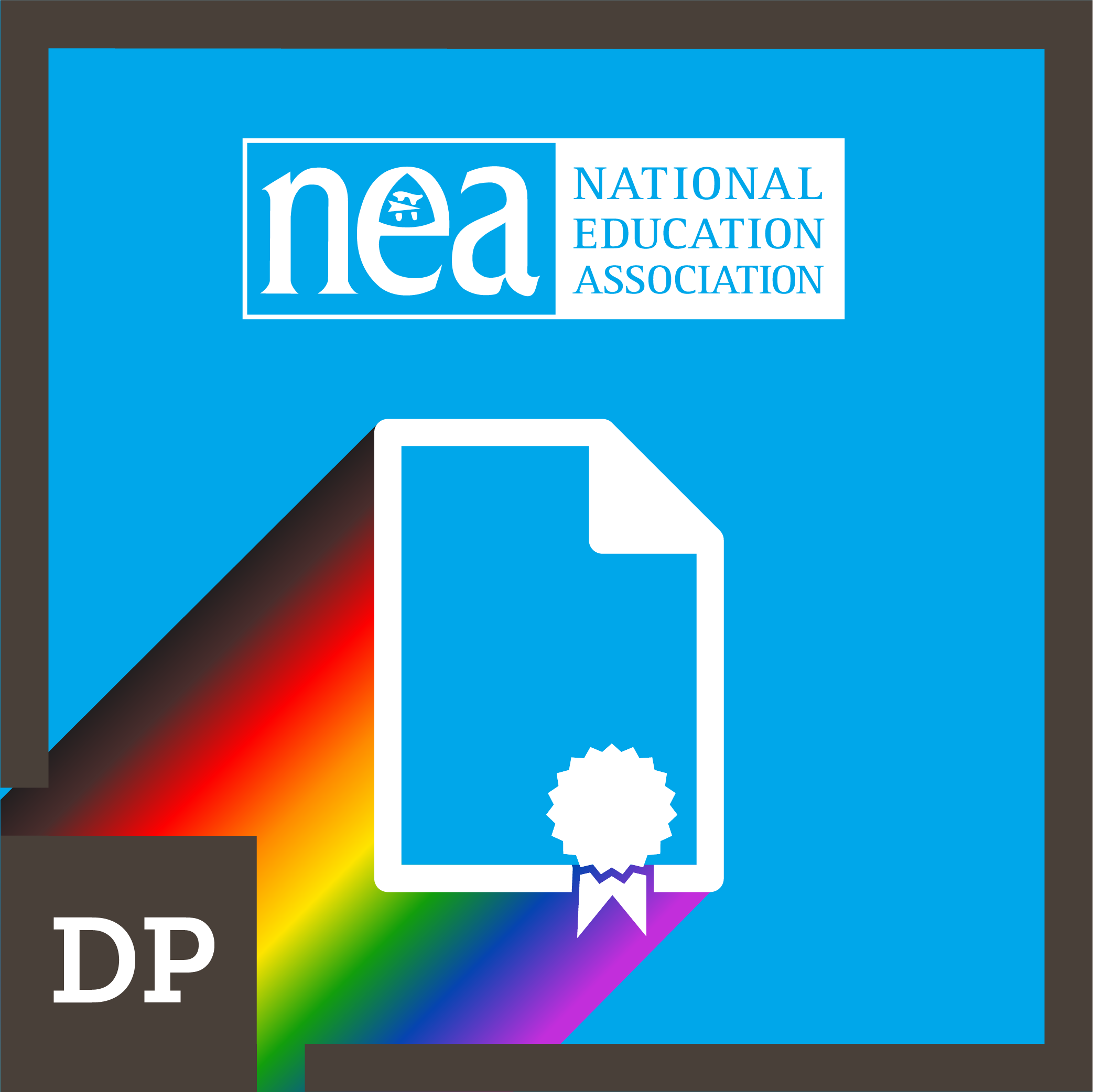
|
Advocating for LGBTQ- Inclusive Policy
Educator effectively consults LGBTQ students and family members about what their needs are and then advocates for LGBTQ-inclusive policies to support these needs.
Types of Evidence Required: choice of letter OR poster OR video, written artifact, audio OR video
[View PDF]
|
Start
|
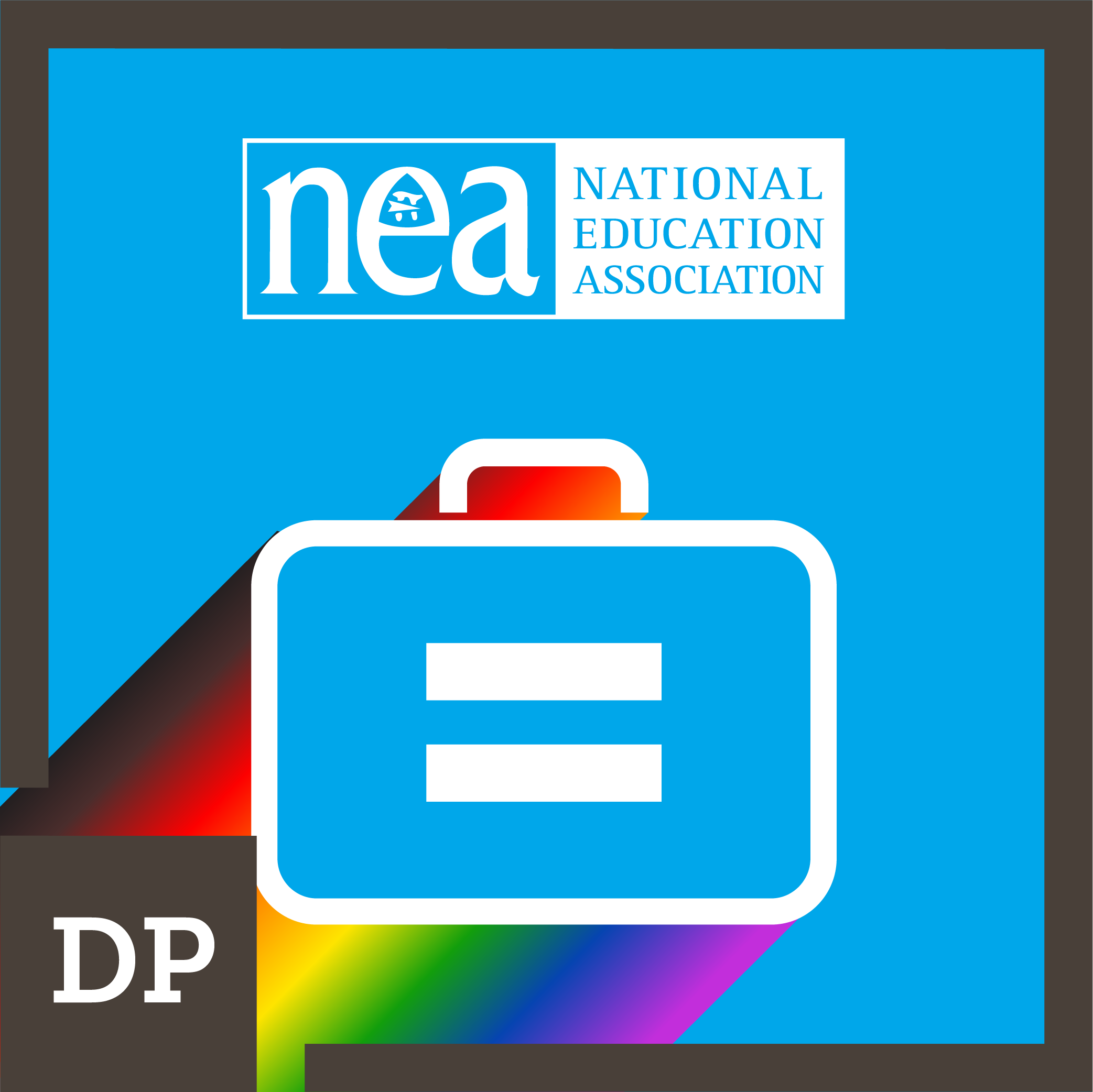
|
Advocating for LGBTQ- Inclusive Workplaces
Educator advocates for LGBTQ-inclusive policy and protections for adults in the workplace.
Types of Evidence Required: presentation video OR screencast OR PowerPoint/keynote/Google Slideshow
[View PDF]
|
Start
|
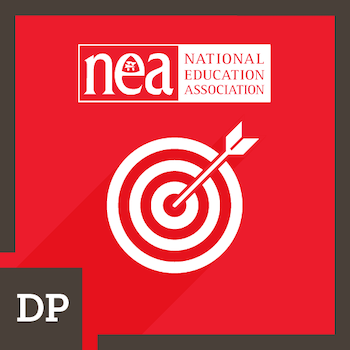
|
Aligning Your School Mission
Educator works with other professionals and colleagues to build connections to community resources to support student learning.
Types of Evidence Required: List of Resources, Event Flyer and Photo Essay (Collage)
[View PDF]
|
Start
|
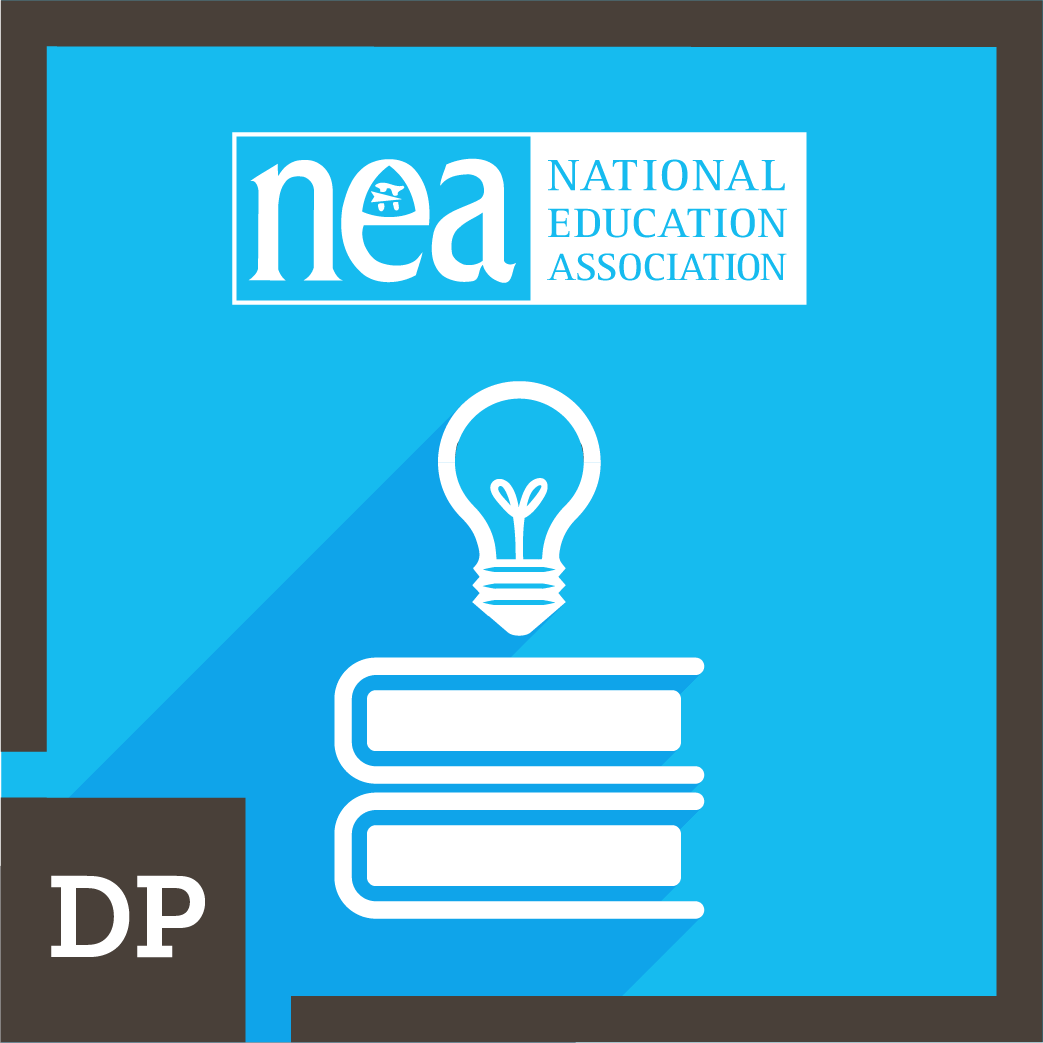
|
Andragogy Adult Learning
Cooperating teacher demonstrates an understanding and application of the six principles of adult learning.
Types of Evidence Required: Document Upload
[View PDF]
|
Start
|
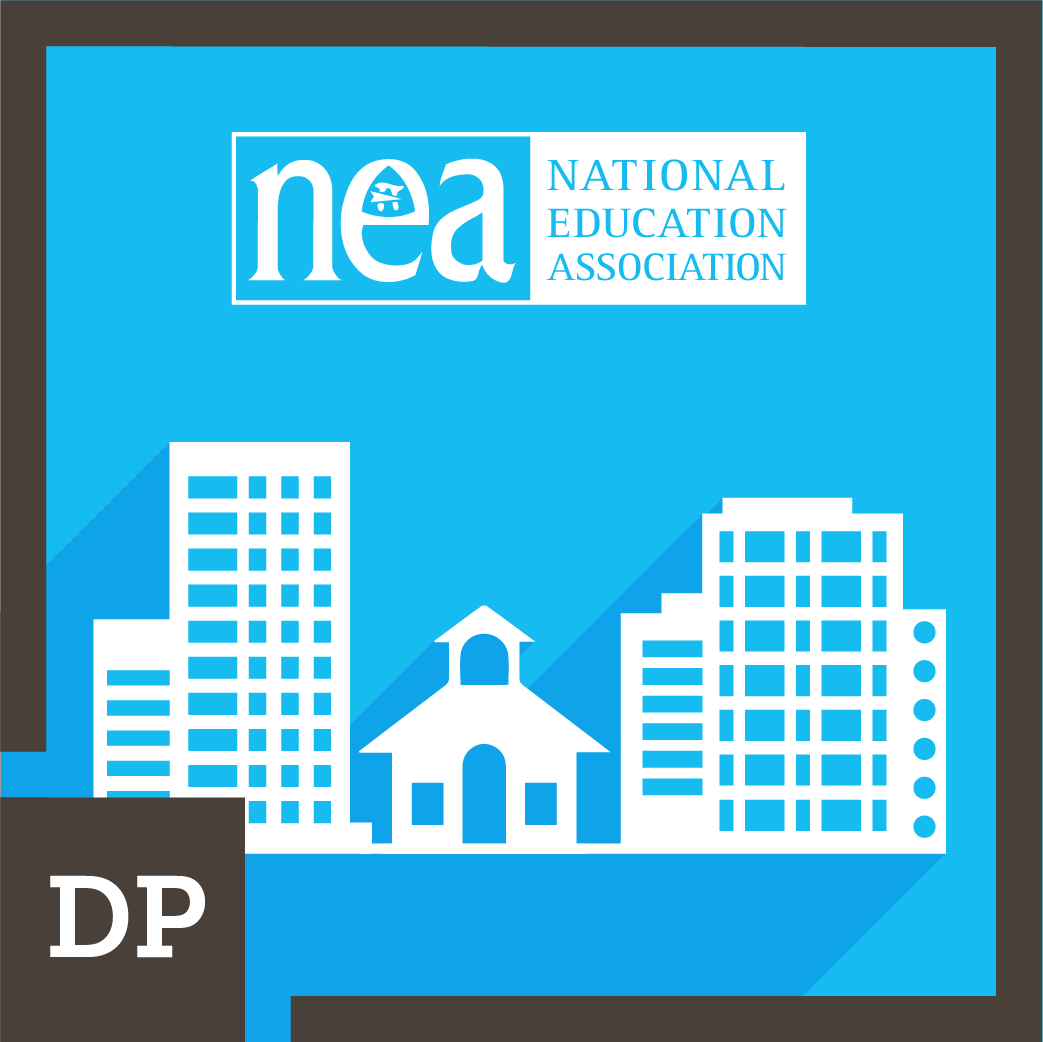
|
Building a Meaningful Partnership
The leader develops a plan for creating community partnerships that engage a diverse variety of stakeholders in advocacy for public education issues. The educator understands that community partnerships are critical to advancing education policy and initiatives at the local, state, and national level that give students the greatest opportunities to succeed.
Types of Evidence Required: Written artifact, Written artifact
[View PDF]
|
Start
|
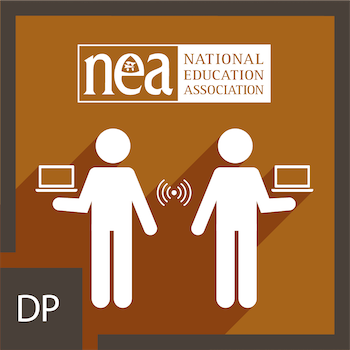
|
Building Relationships Online
Facilitator uses multiple strategies to support the formation of safe, productive, and professional relationships in online settings.
Types of Evidence Required: Course Syllabus, lesson artifact OR presentation, and a video OR Annotated Screenshots
[View PDF]
|
Start
|
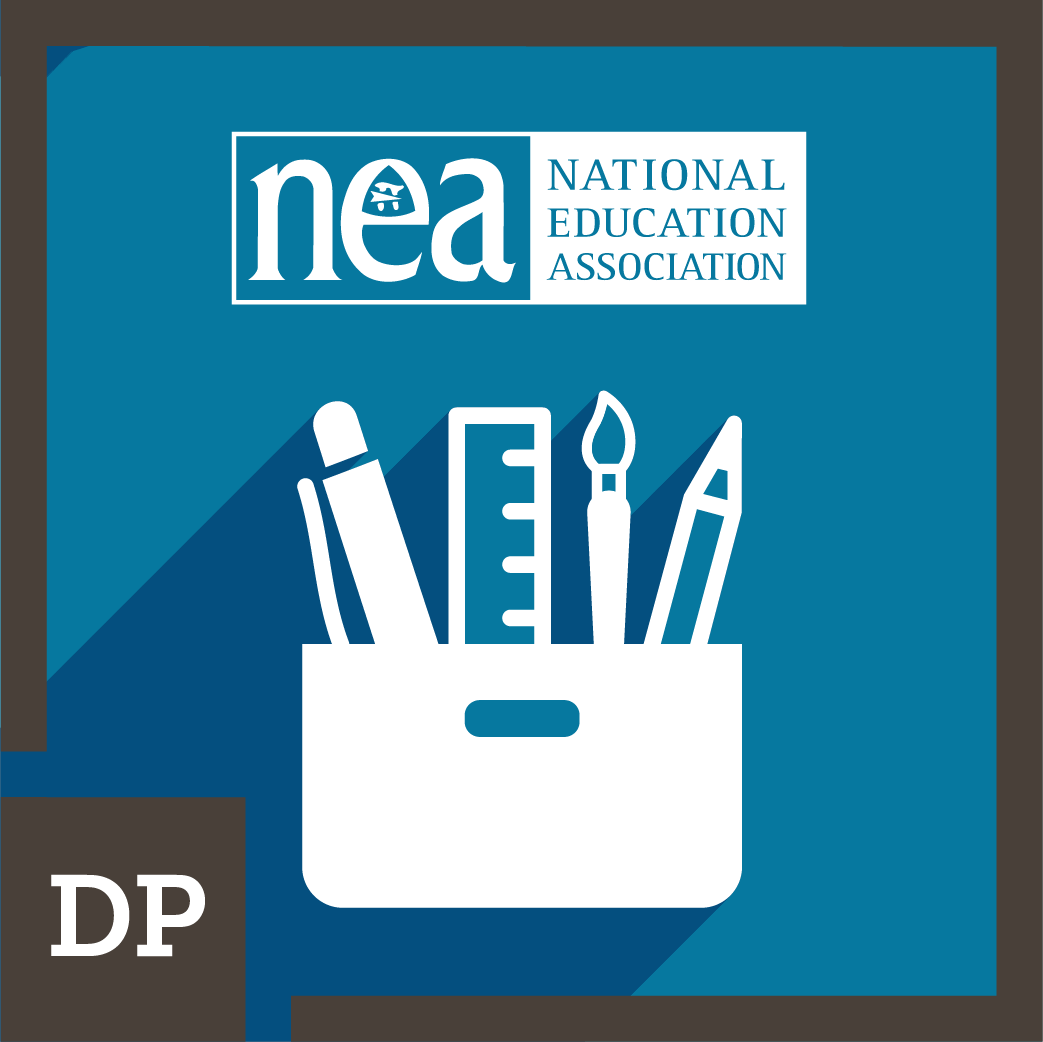
|
Classroom Management for Creative Learning
Educator creates a kinesthetic, cooperative, and culturally responsive classroom to maintain an engaging learning environment.
Types of Evidence Required: Document, Visual Evidence
[View PDF]
|
Start
|
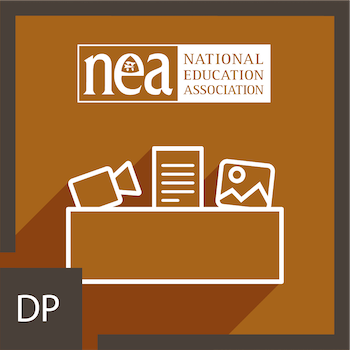
|
Connected Educator- Growing Your Professional Network
Educator shares and learns in the global community as a means to develop professionally.
Types of Evidence Required: List of memberships, problem of practice and solution, website OR blog.
[View PDF]
|
Start
|
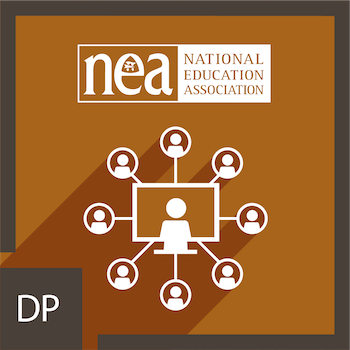
|
Curating Content
Educator uses a variety of curation tools to collect meaningful content for other educators.
Types of Evidence Required: Essay and a website or blog
[View PDF]
|
Start
|
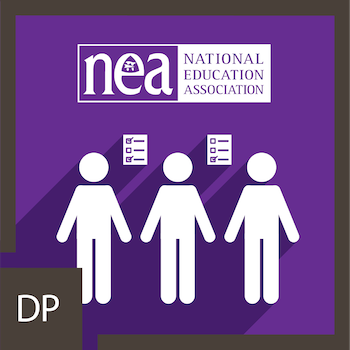
|
Defining and Delineating Roles and Responsibilities for Team Success
Paraeducators and teachers define and delineate roles and responsibilities to improve the effectiveness of their team.
Types of Evidence Required: Self Assessment, agreement, Team Action Plan and Evidence of Implementation
[View PDF]
|
Start
|
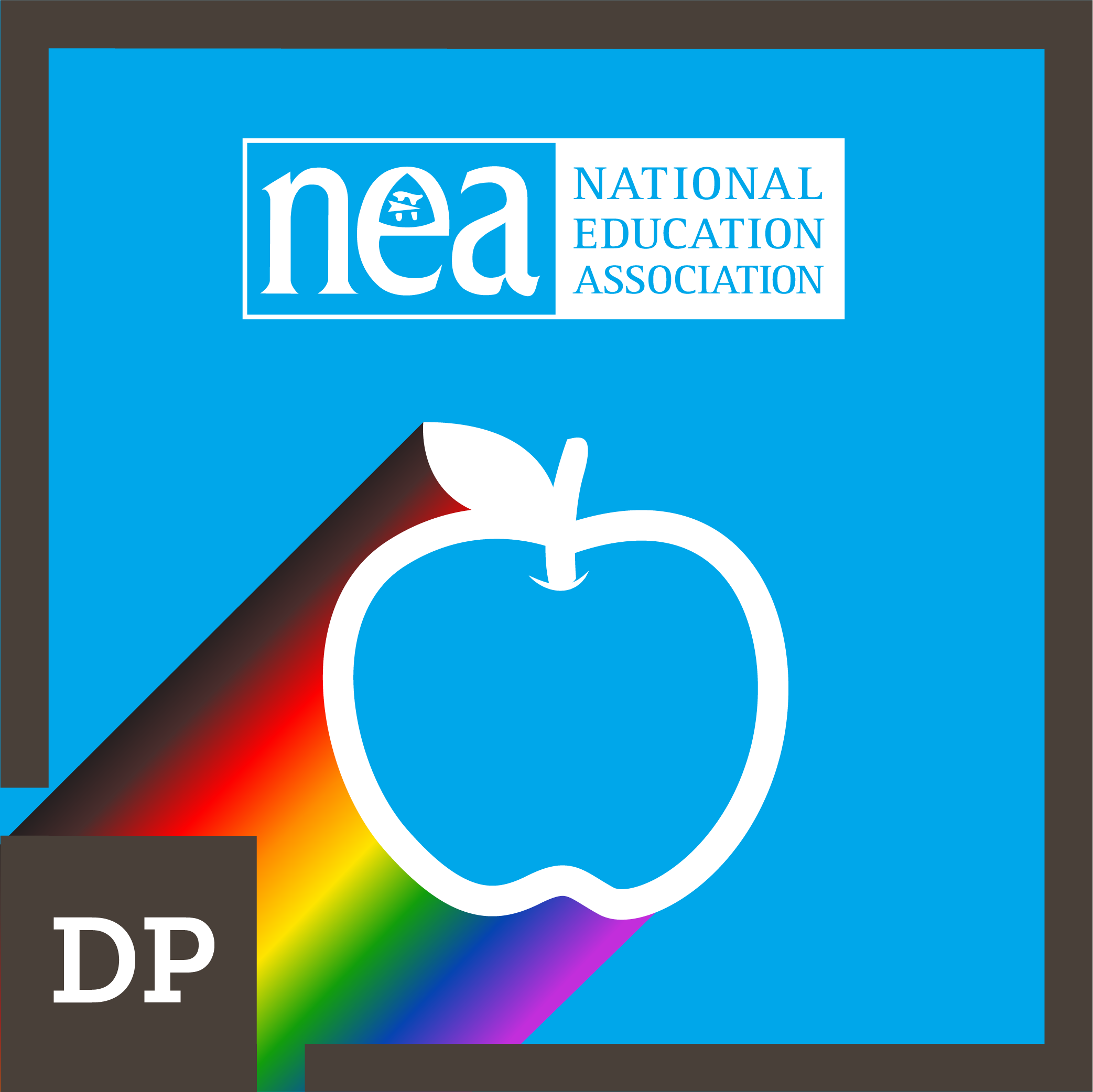
|
Developing LGBTQ Anti-Bias Curriculum
Educator uses anti-bias curriculum resources that are inclusive of LGBTQ issues.
Types of Evidence Required: written artifacts, annotated student work samples
[View PDF]
|
Start
|
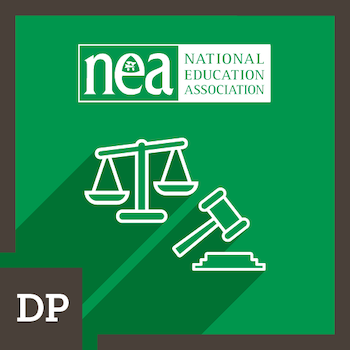
|
Educator Ethics and the Law
Educator uses their knowledge of laws and policies in their day-to-day decision-making to model and promote ethical behavior.
Types of Evidence Required: One pagers, presentation, analysis, examples
[View PDF]
|
Start
|
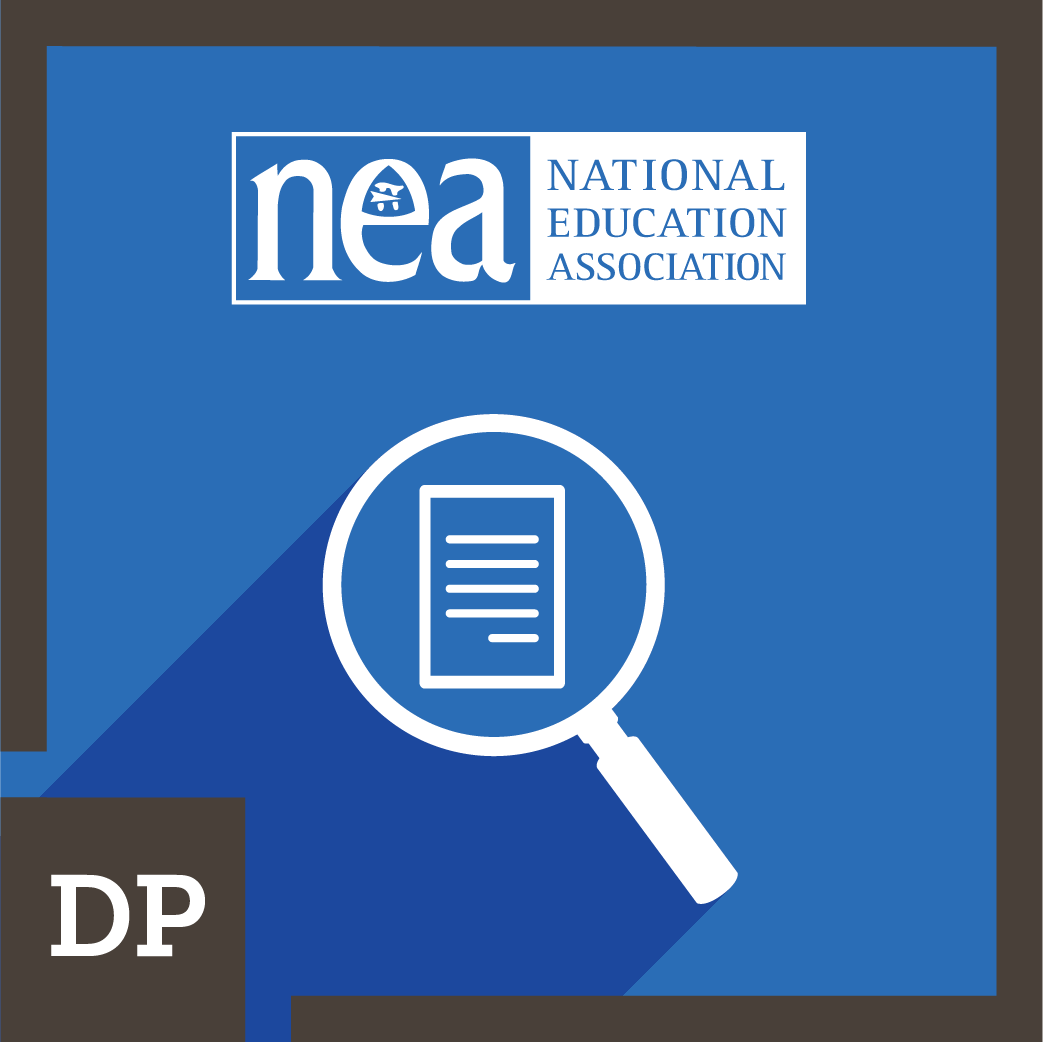
|
Eliciting Accurate Evidence of Student Learning
Educator designs sound assessments that generate accurate evidence of student learning. The educator's rubrics meet quality criteria that provide accurate feedback regarding student learning.
Types of Evidence Required: Document, PDF
[View PDF]
|
Start
|
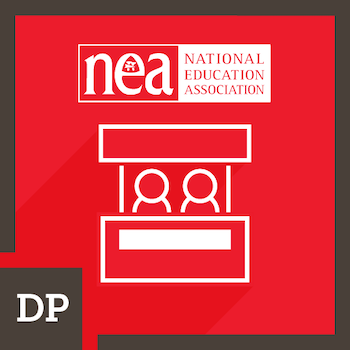
|
Engaging Your Community to Advocate for Public Schools
Educator works with other professionals and colleagues to build connections to community resources to support student learning.
Types of Evidence Required: List of Resources, Event Flyer and Photo Essay (Collage)
[View PDF]
|
Start
|
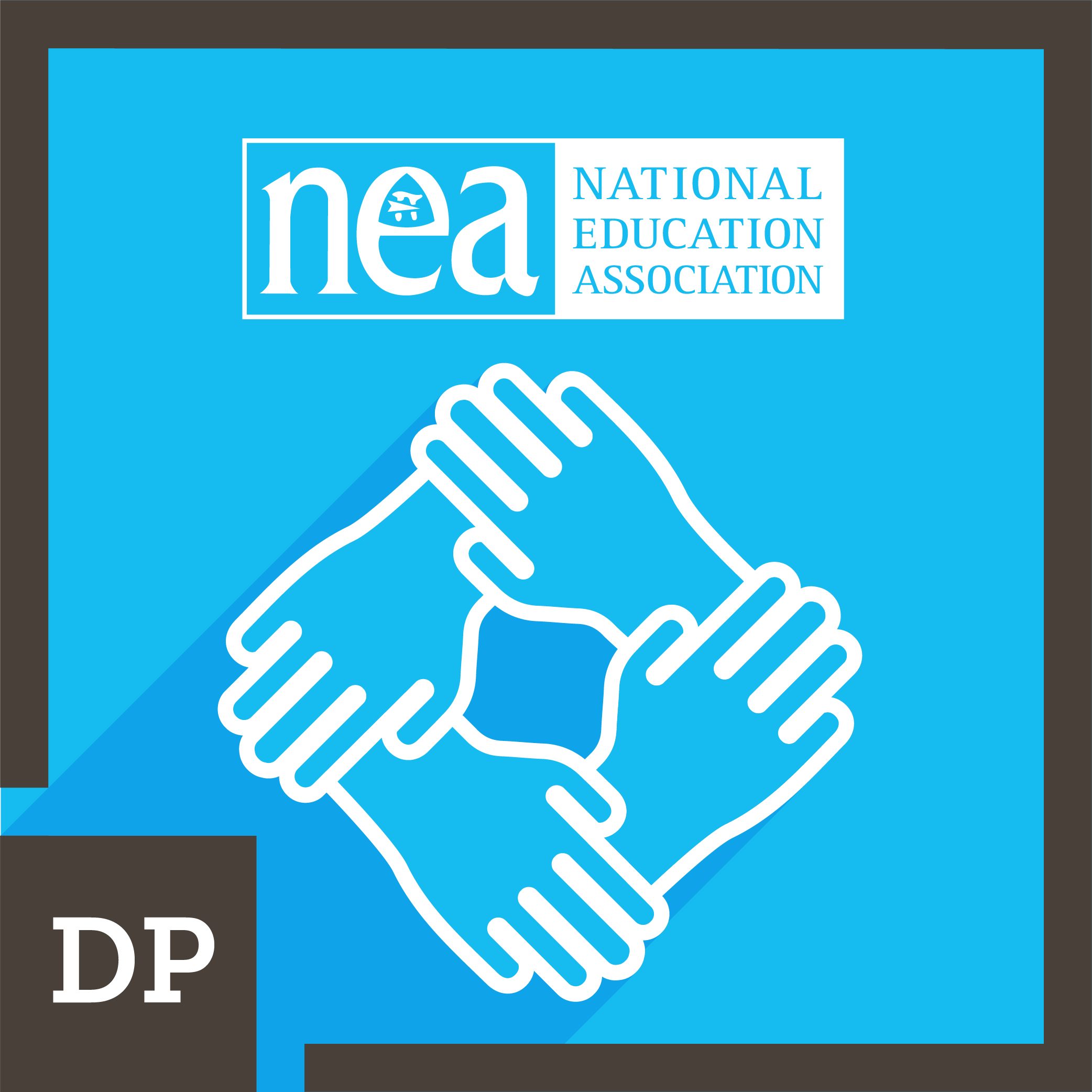
|
Equity Literacy
The cooperating teacher demonstrates an understanding of how to create and sustain a bias-free and equitable learning environment for teacher candidates through increased equity literacy.
Types of Evidence Required: written artifacts, video OR narrative OR audio file OR brochure OR PowerPoint, written summary
[View PDF]
|
Start
|
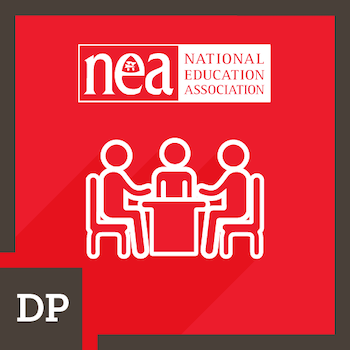
|
Establishing, Maintaining, and Supporting Relationships with Parents and Community
Educator works with other professionals and colleagues to build connections to community resources to support student learning.
Types of Evidence Required: List of Resources, Event Flyer and Photo Essay (Collage)
[View PDF]
|
Start
|
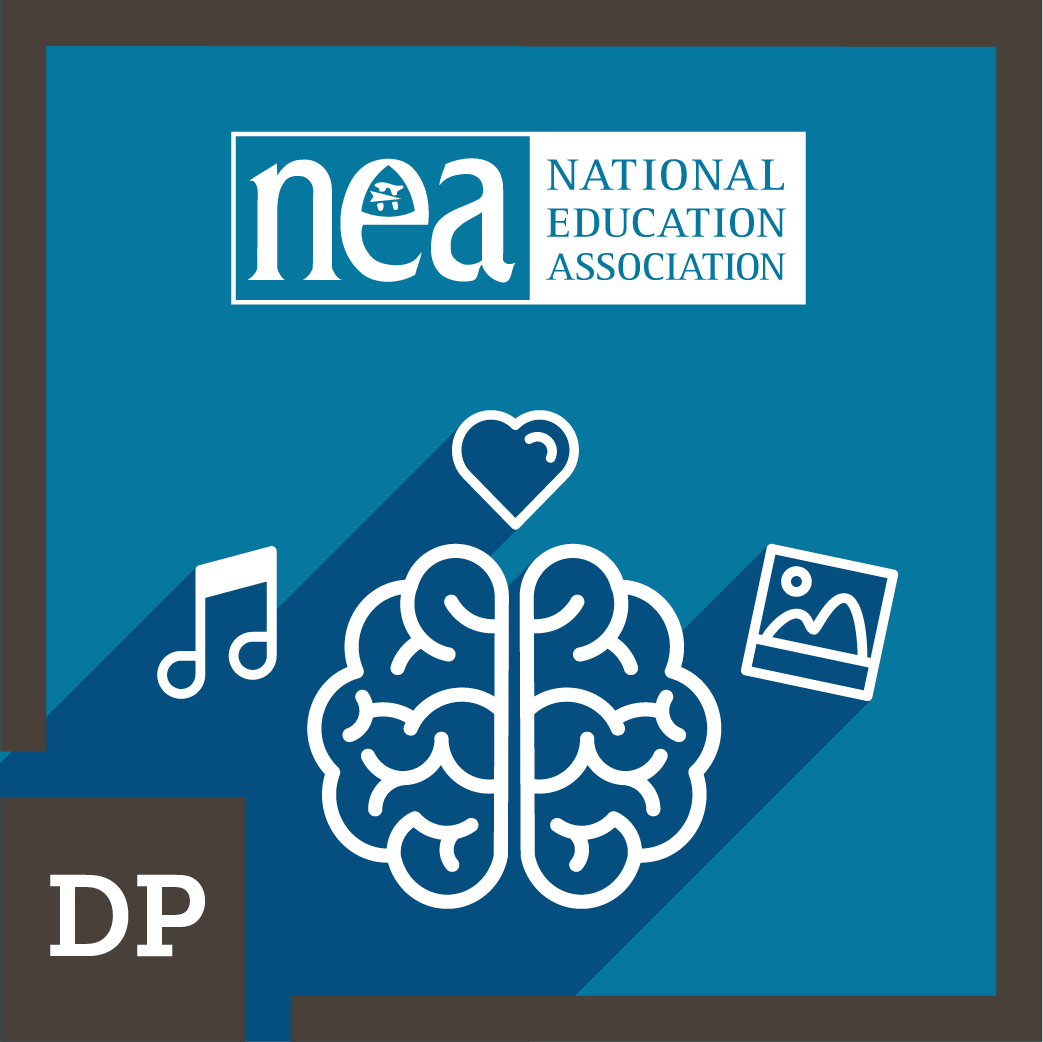
|
Formative & Summative Assessment using Arts Integration
Educator demonstrates how using an art form can enhance traditional formative and/or summative assessment of student learning.
Types of Evidence Required: Document, Photo Journal, Video
[View PDF]
|
Start
|
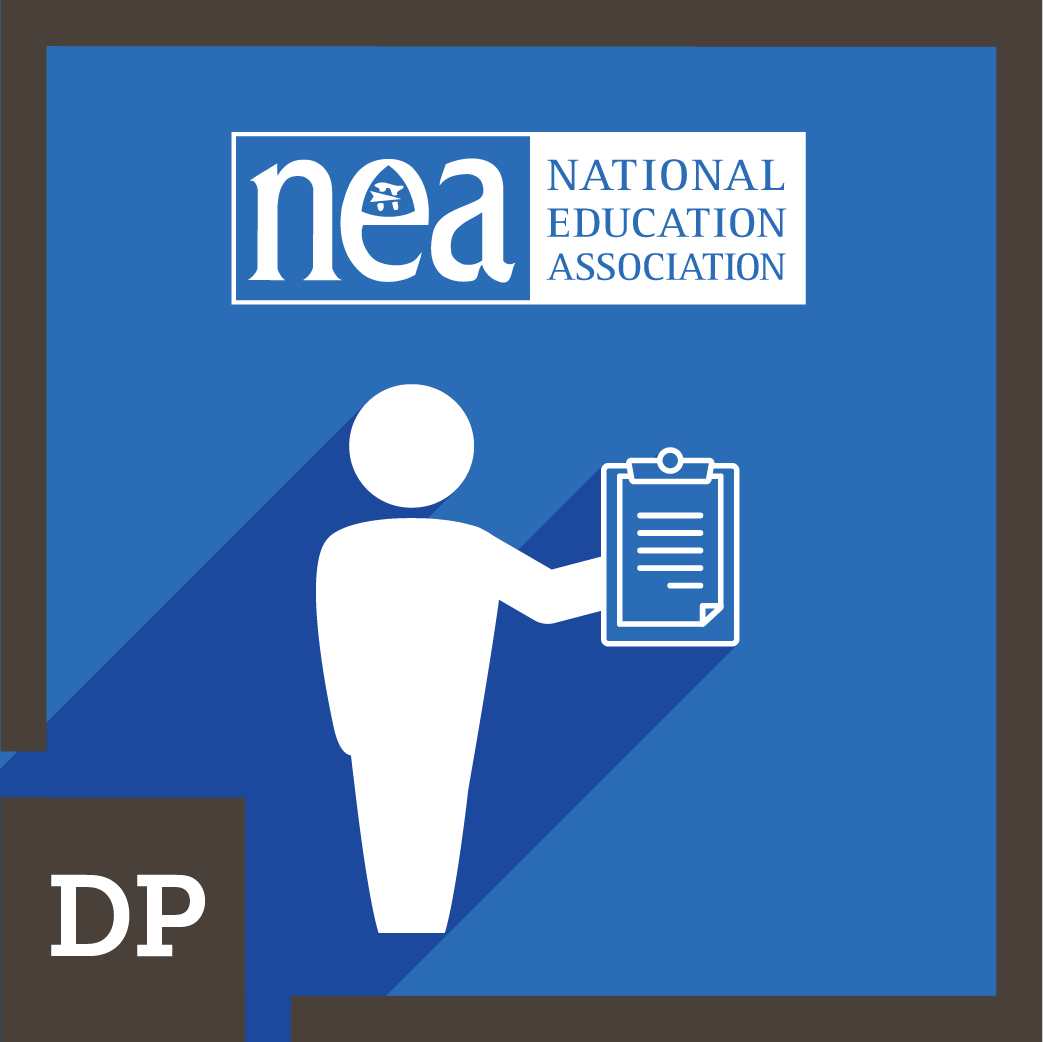
|
Foundational Principles of Quality Assessment
Educator uses the foundational principles of quality assessment practices to design classroom assessments and assessment practices to provide all important stakeholders (educators, students, families, policymakers, etc.) with useful information about student learning.
Types of Evidence Required: Document, PDF
[View PDF]
|
Start
|
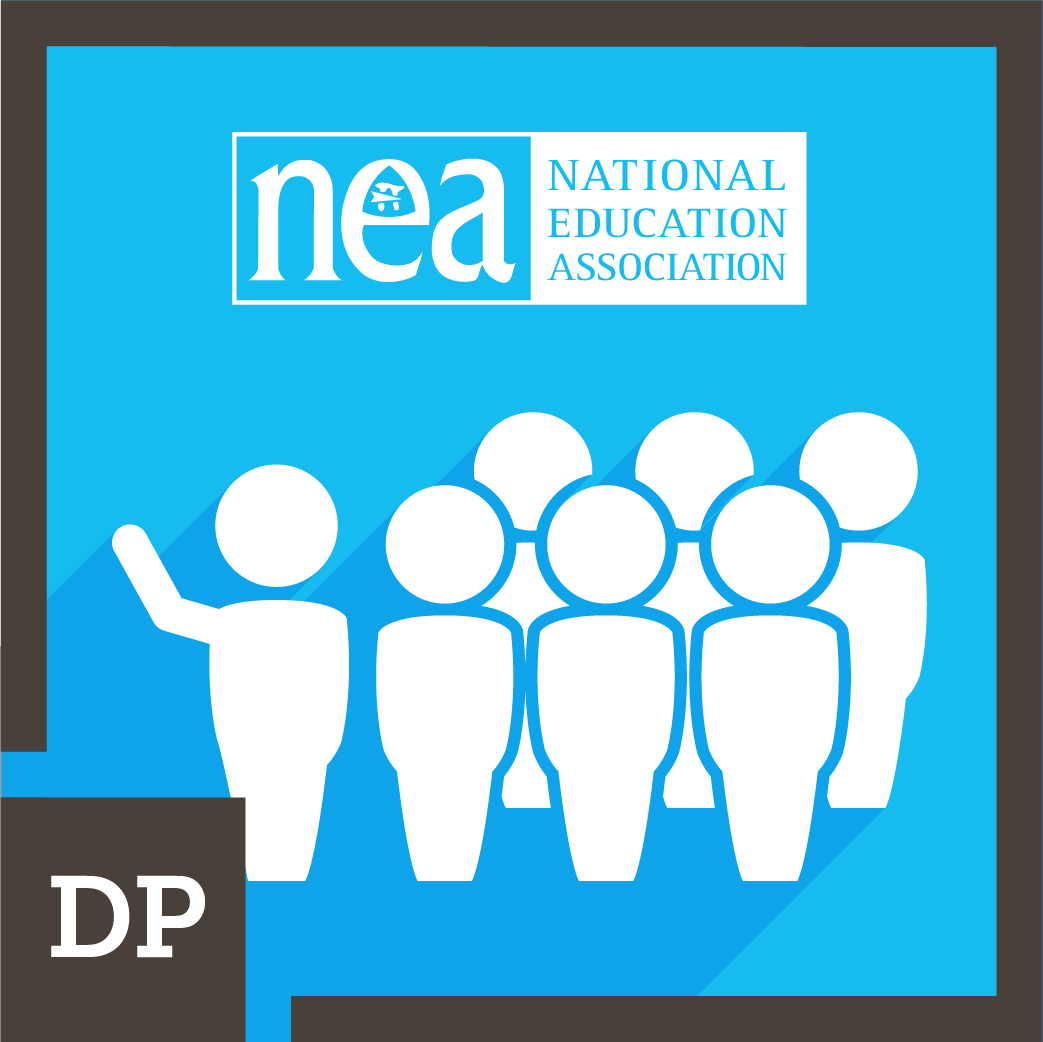
|
Identifying Leaders through One-on-Ones
Leader engages in identifying leaders by building relationships and conducting one-on-ones.
Types of Evidence Required: Written artifact, Written artifact, written artifact, 10-15-minute video
[View PDF]
|
Start
|
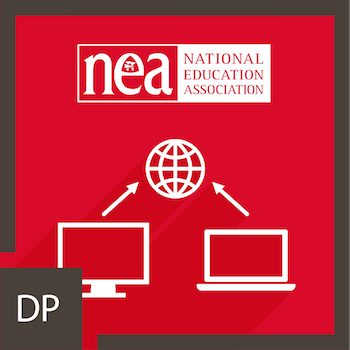
|
Leader
Educator seeks out leadership opportunities to improve teaching and learning using technology.
Types of Evidence Required: Needs assessment, evidence of committee involvement AND evidence of modeling technology integration (website, feedback, blog post, lesson plan)
[View PDF]
|
Start
|
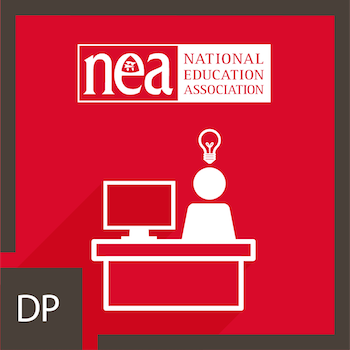
|
Learner
Educator improves their practice by learning from and with others through the exploration of best practices that leverage technology to improve student learning.
Types of Evidence Required: Reflection, Goal, Matrix AND Evidence of networking
[View PDF]
|
Start
|
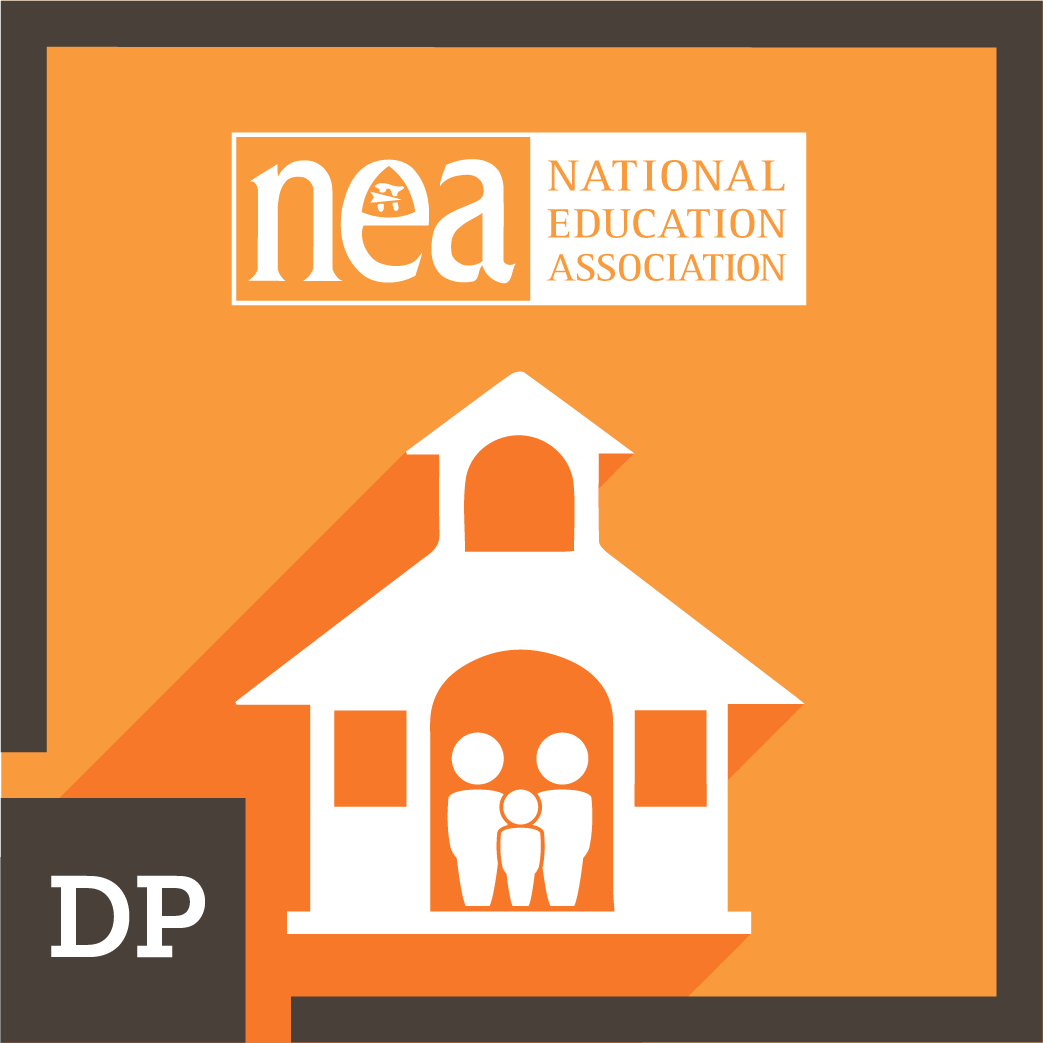
|
Linking Families and Communities to Schools for Student Success
Educator demonstrates an understanding of the important role that families and communities play in students' academic and social success.
Types of Evidence Required: Written artifact, Parent/Community Engagement plan, written artifact
[View PDF]
|
Start
|
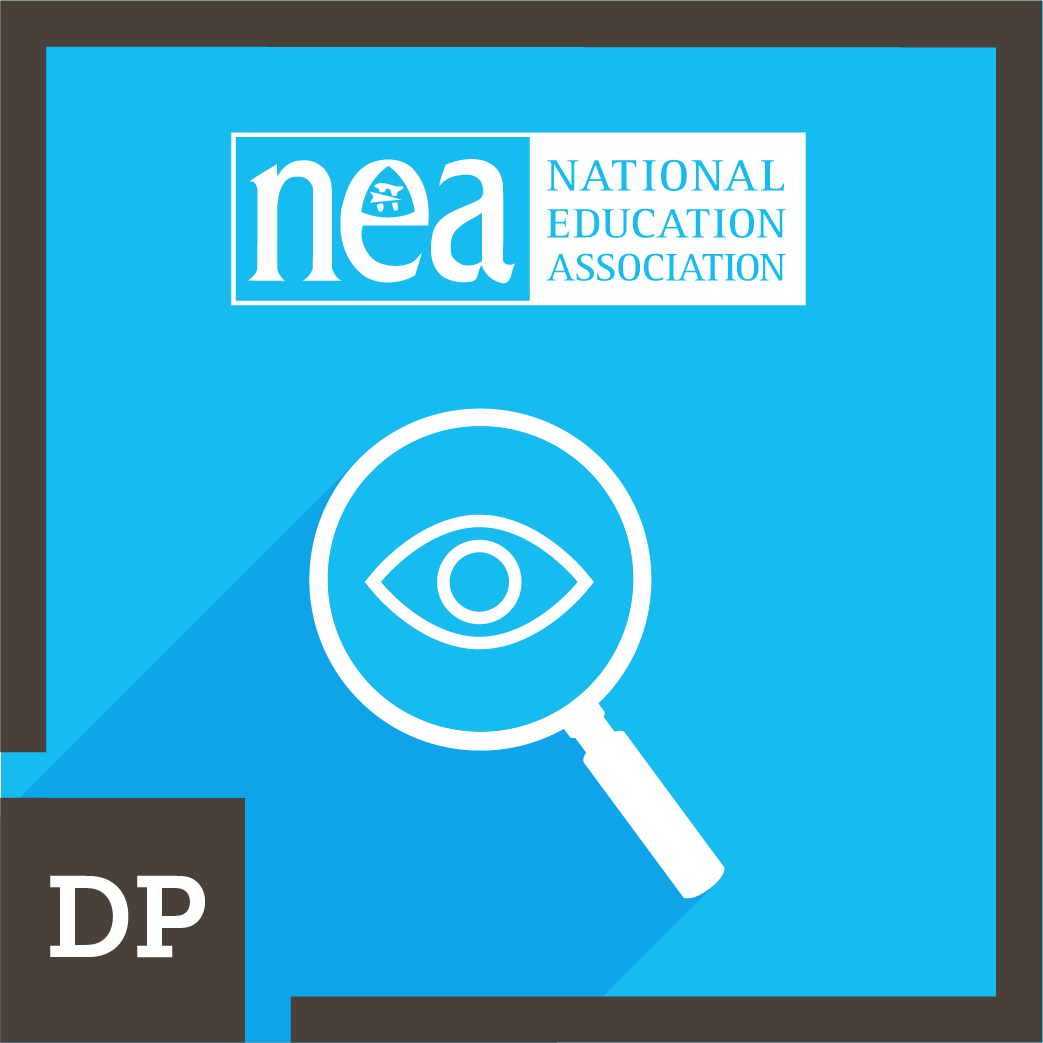
|
Listening and Non-Verbal Communication
Cooperating teacher demonstrates deliberate communication techniques to enhance positive student teacher/intern interactions.
Types of Evidence Required: written artifact
[View PDF]
|
Start
|
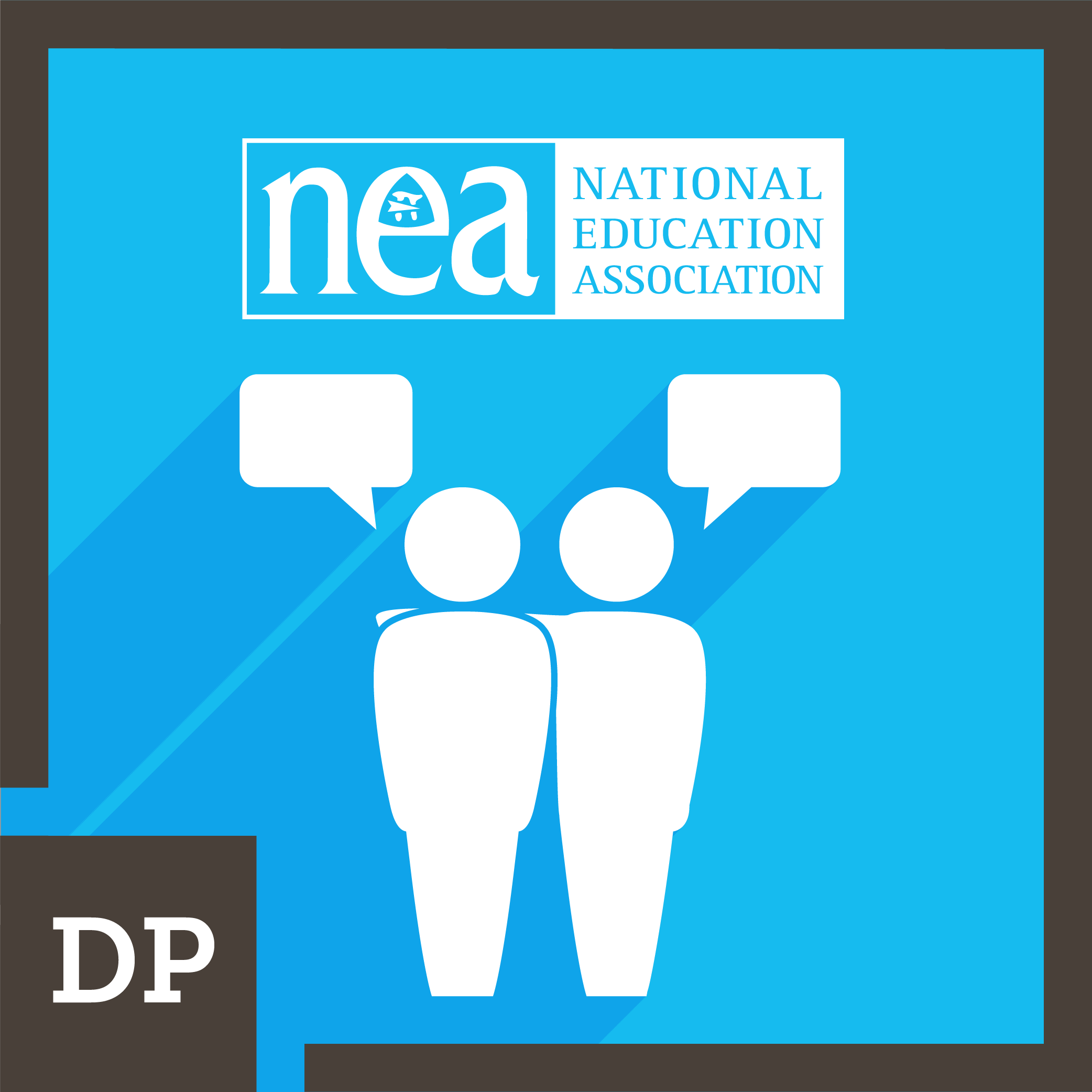
|
Managing Difficult Conversations
Educator demonstrates the understanding and skills necessary to effectively handle difficult conversations with a student teacher candidate that will result in a positive outcome.
Types of Evidence Required: written artifact, audio OR video
[View PDF]
|
Start
|
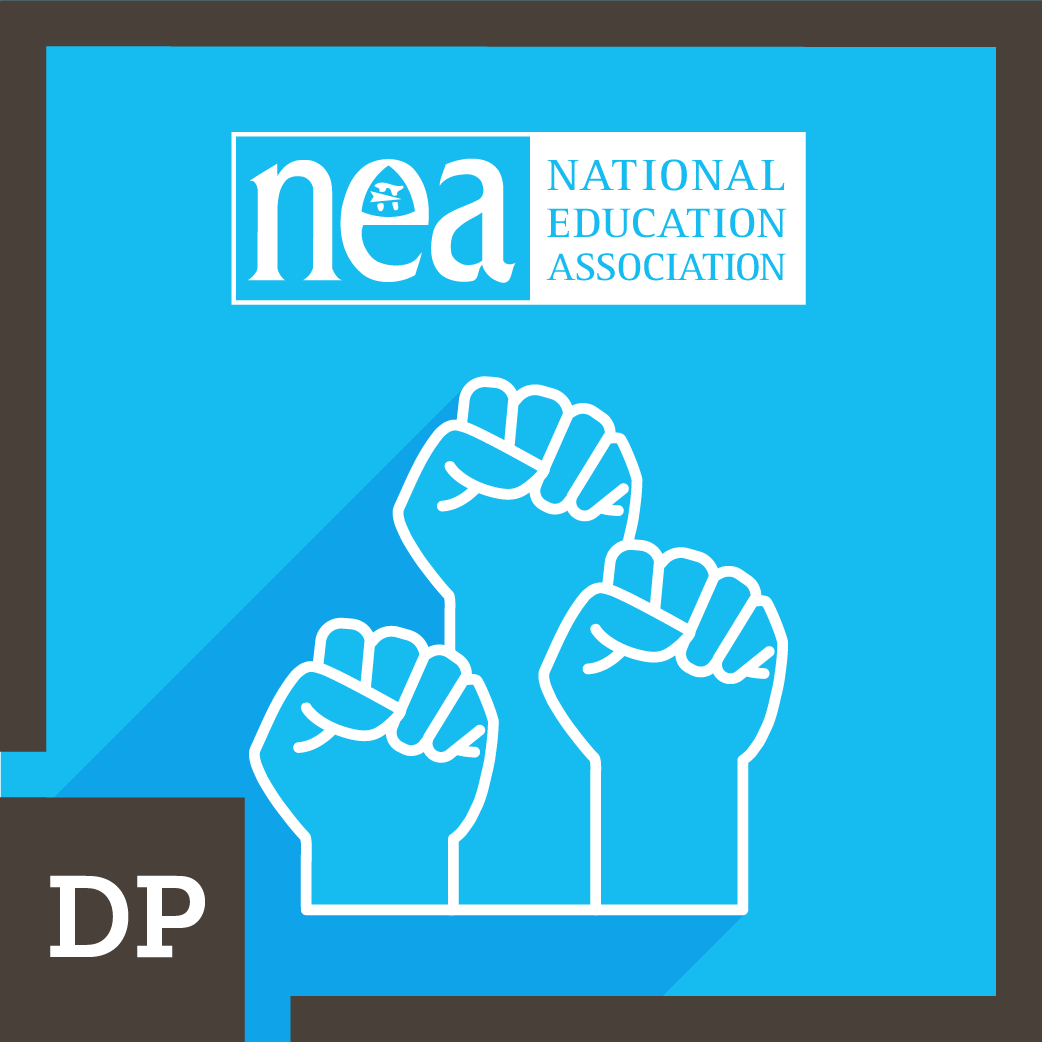
|
Organizing and Developing a Leadership Team
Leader demostrates an understanding of core conditions of successful leadership teams.
Types of Evidence Required: Written artifact, written artifact (chart), written artifact (chart), written artifact, Photo essay (slideshow)
[View PDF]
|
Start
|
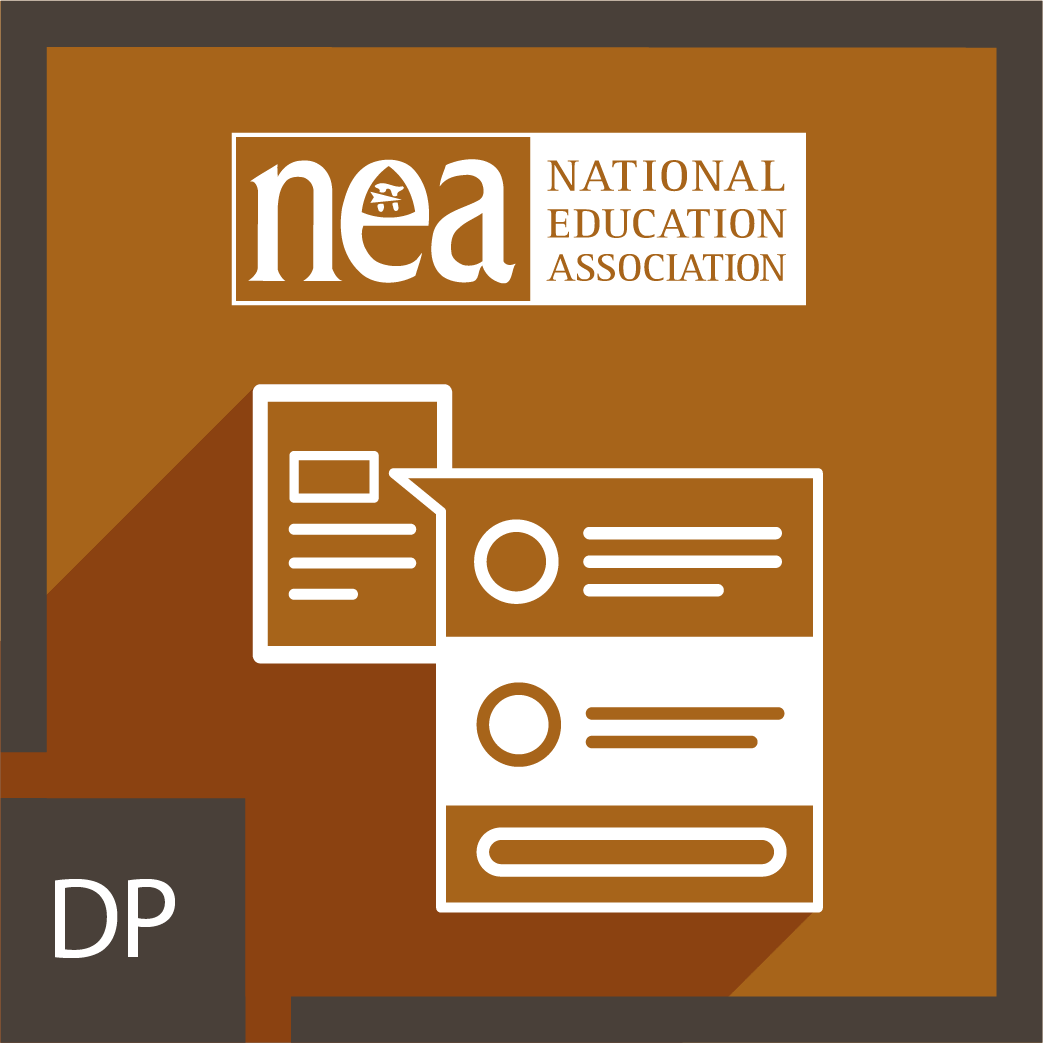
|
Providing Asynchronous Feedback to Learners
Educator provides effective feedback and encourages peer-to-peer collaboration in an asynchronous environment.
Types of Evidence Required: Syllabus or Lesson Plan,work samples and annotated samples
[View PDF]
|
Start
|
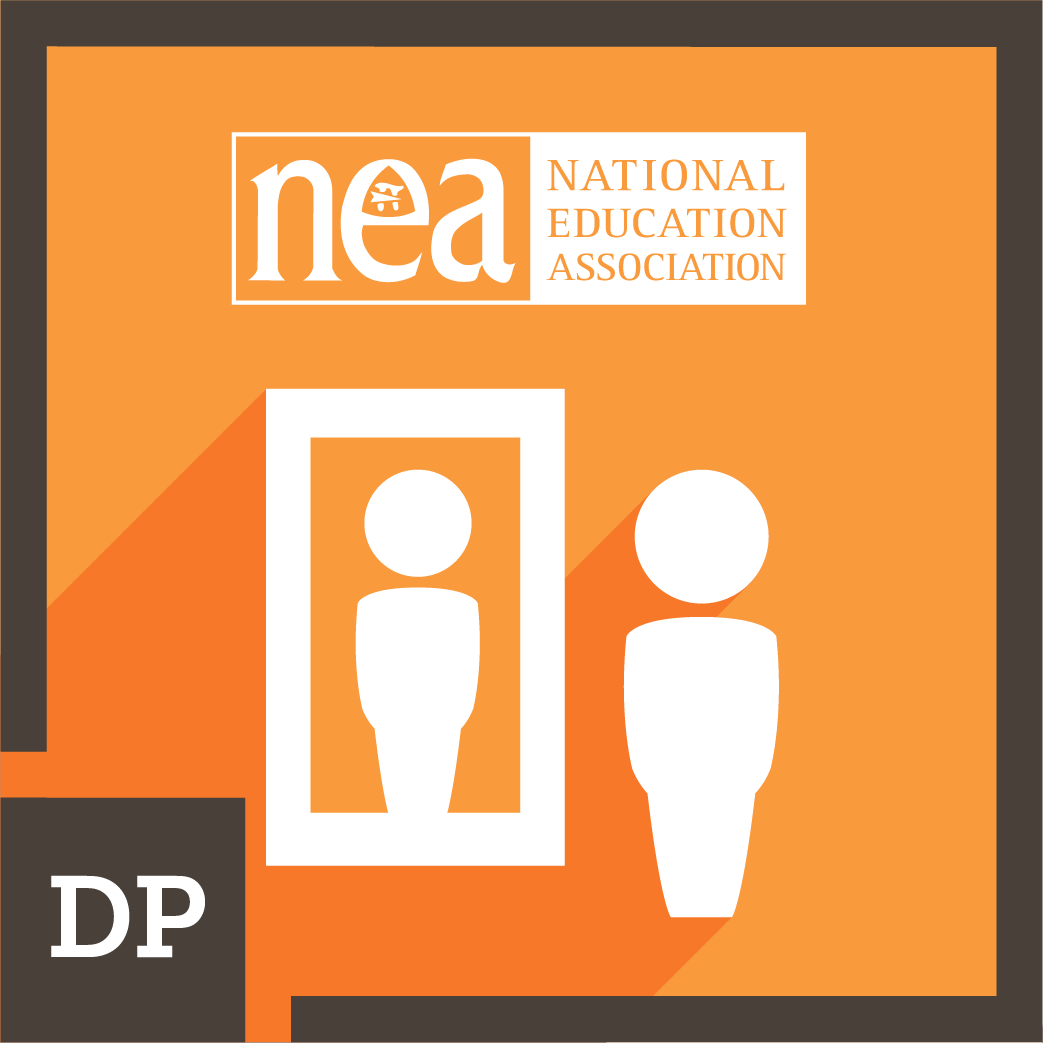
|
Reflective Practice to Improve Personal Effectiveness in the Classroom
Educator reflects on their practice to improve personal effectiveness in the classroom.
Types of Evidence Required: Written artifact, 2 SMART Goals, Written artifact,
[View PDF]
|
Start
|

|
Responsibility for Professional Competence
Educator takes responsibility for professional competence.
Types of Evidence Required: Action plan, one pagers, research
[View PDF]
|
Start
|
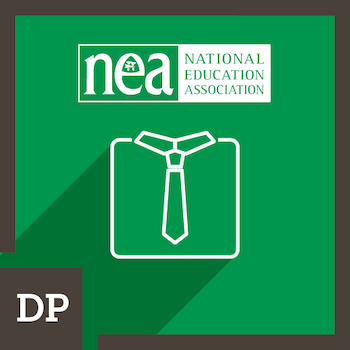
|
Responsibility to the Profession
Educator examines their ethical behavior, promotes the advancement of the profession, and attempts to address and resolve ethical issues.
Types of Evidence Required: Time management system, resolution, action plan
[View PDF]
|
Start
|
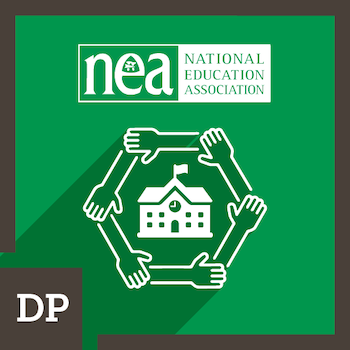
|
Responsibility to the School Community
Educator uses research and resources to promote ethical relationships and effective interactions with members of the school community.
Types of Evidence Required: Concept circle, chart, one pagers,parent communication plan
[View PDF]
|
Start
|
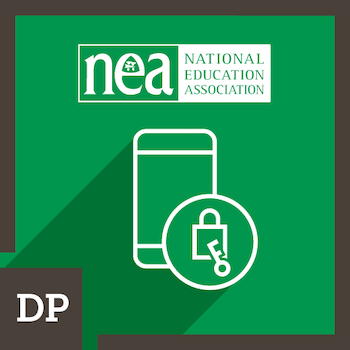
|
Responsible and Ethical Use of Technology
Educator demonstrates responsible and ethical use of technology.
Types of Evidence Required: Handbook
[View PDF]
|
Start
|
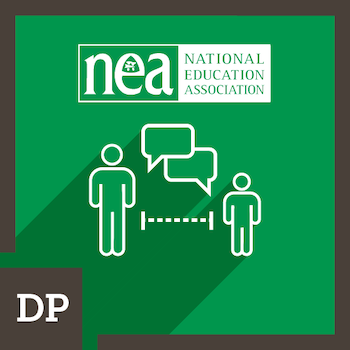
|
Setting and Maintaining Ethical Boundaries
Educator sets and maintains ethical boundaries in their professional life.
Types of Evidence Required: Drawing, chart, slide show or article
[View PDF]
|
Start
|
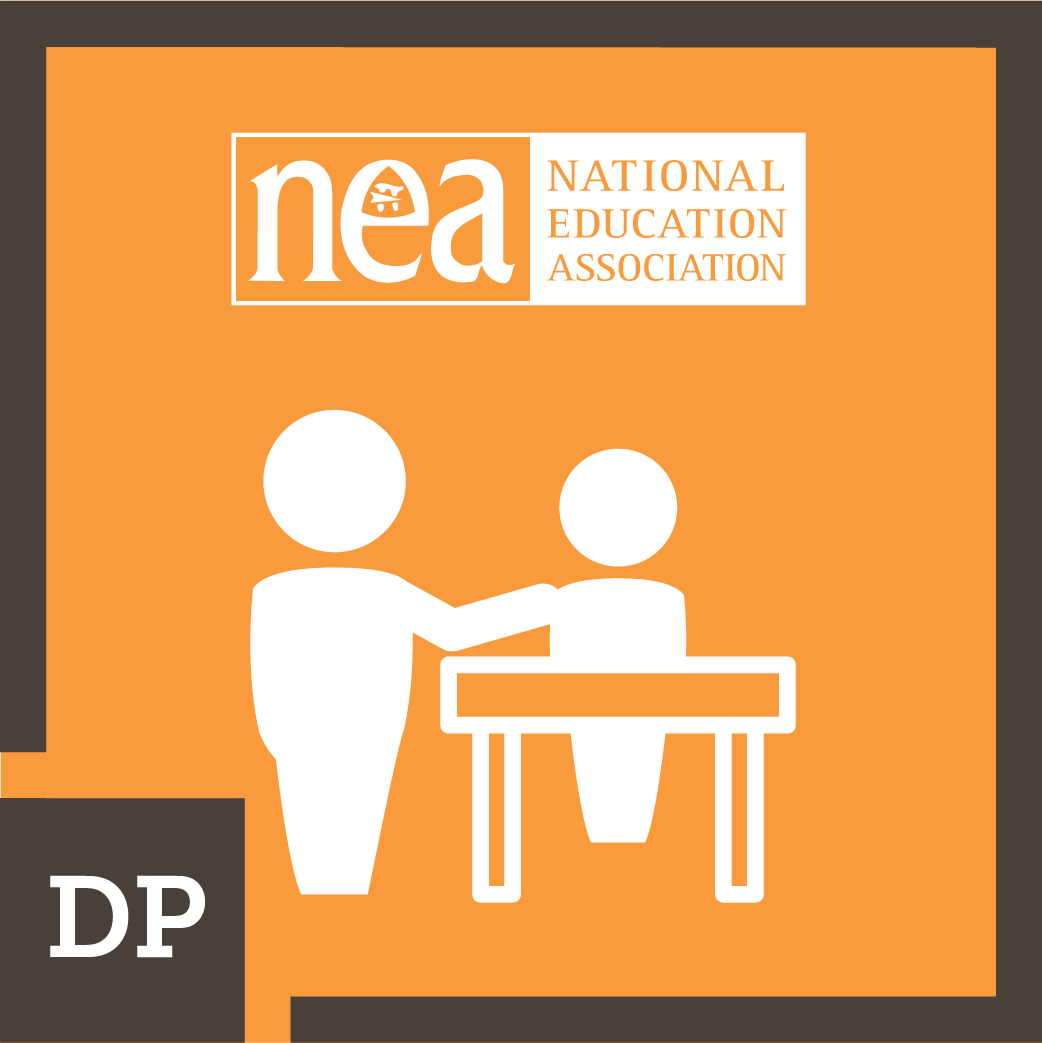
|
Setting Objectives and Providing Feedback
Educator reflects on objectives and provides timely feedback to students.
Types of Evidence Required: Written artifact, 3 artifacts of student work AND rubric AND written artifact OR Video
[View PDF]
|
Start
|
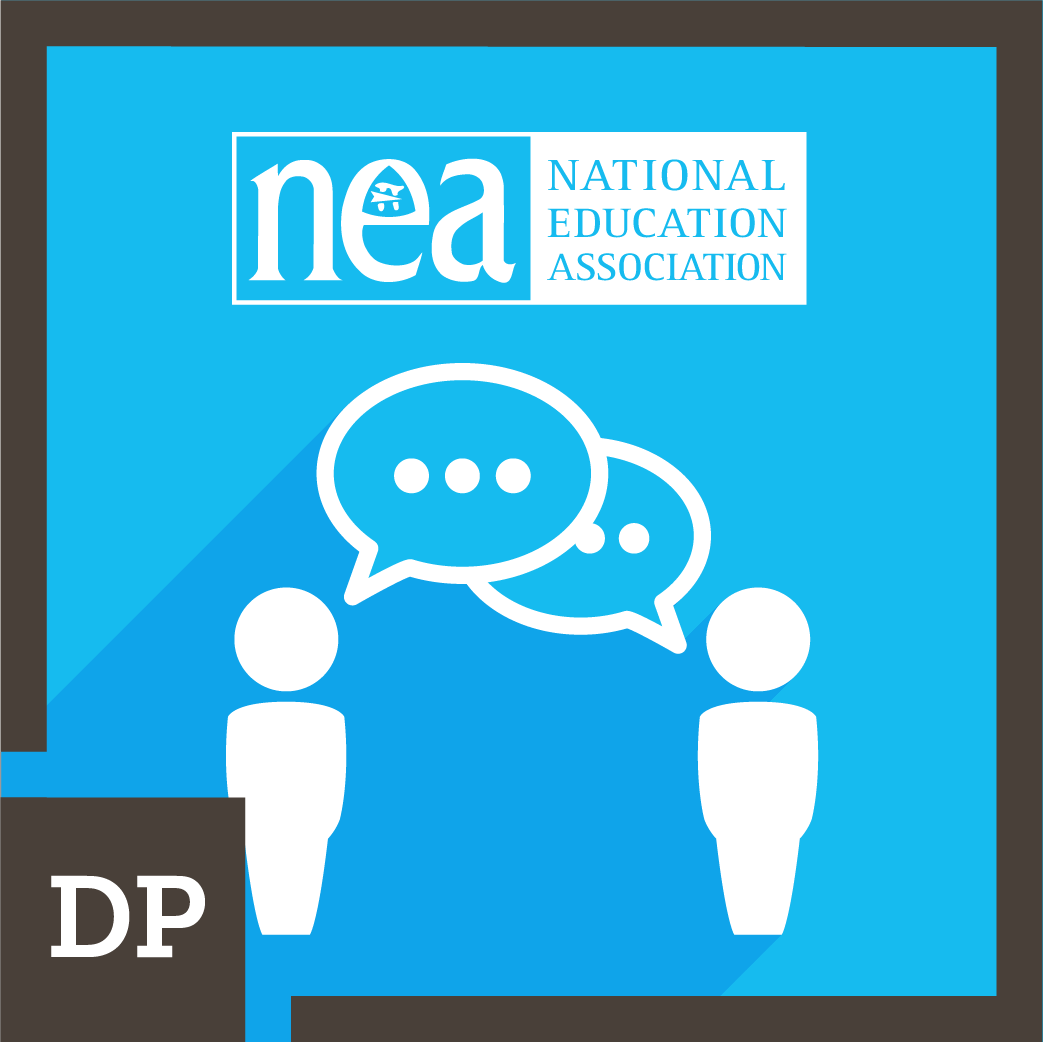
|
Story of Self
Leader effectively uses their story of self as an organizing skill.
Types of Evidence Required: Written artifact, Photo essay, 2-3-minute video,
[View PDF]
|
Start
|
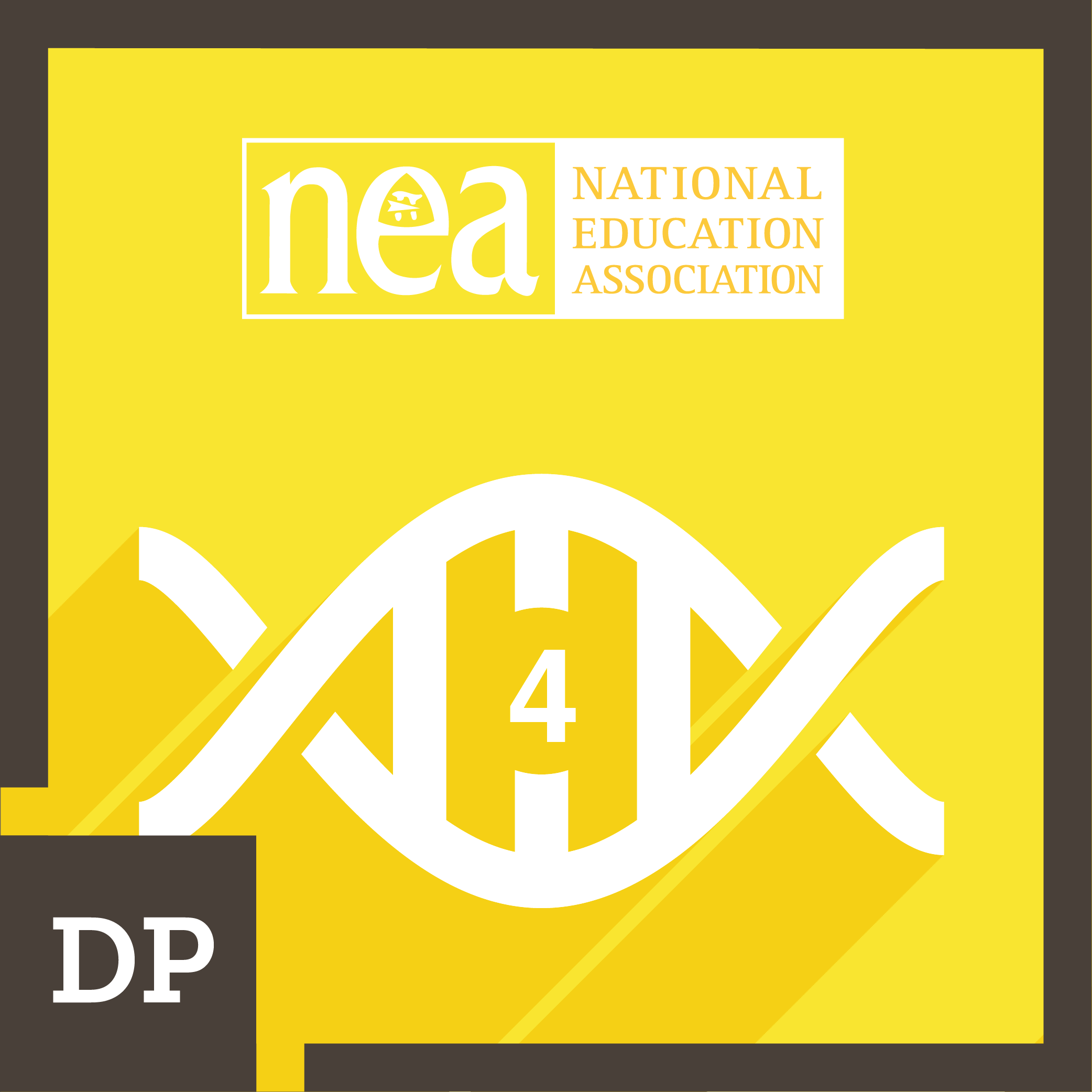
|
Thinking Systematically About Your Practice
Educator expands their repertoire and deepens their pedagogical content knowledge to remain inventive and welcoming to new findings that extend their professional learning.
Types of Evidence Required: written artifact OR video/audio, 4 separate written artifacts
[View PDF]
|
Start
|
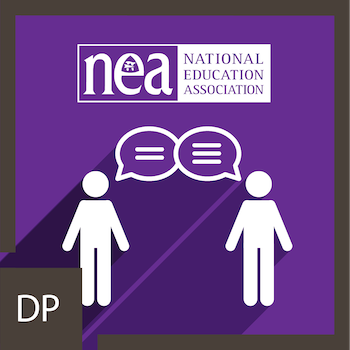
|
Understanding and Applying Communication Styles for Team Success
Paraeducators and teachers understand and apply the four basic communication styles to improve the effectiveness of their team.
Types of Evidence Required: Analysis, Assessment, Video and Action Plan
[View PDF]
|
Start
|
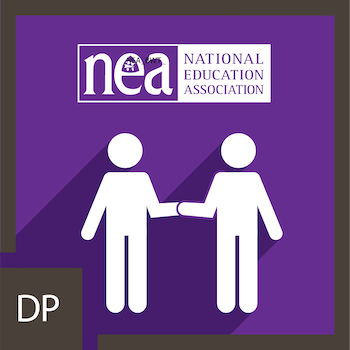
|
Understanding and Applying Conflict Management Styles for Team Success
Paraeducators and teachers understand and apply conflict management styles to improve the effectiveness of their team.
Types of Evidence Required: Analysis, Assessment and Video
[View PDF]
|
Start
|
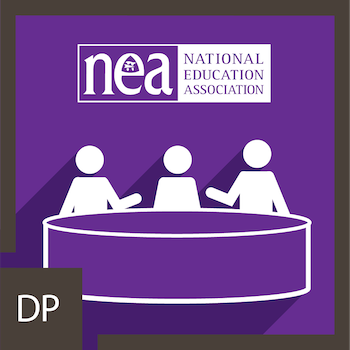
|
Understanding and Applying Conflict Resolution Strategies for Team Success
Paraeducators and teachers understand and apply conflict resolution strategies to improve the effectiveness of their team.
Types of Evidence Required: Explanation of Content, Article Summary,Evidence of Applicaton, Team Action Plan and Reflection
[View PDF]
|
Start
|
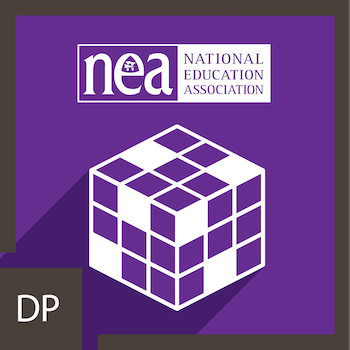
|
Understanding and Applying the 7-Step Problem Solving Process for Team Success
Paraeducators and teachers understand and apply the 7-step problem solving process to improve the effectiveness of their team.
Types of Evidence Required: Analysis, Assessment,Evidence of Application, Action Plan and Reflection
[View PDF]
|
Start
|
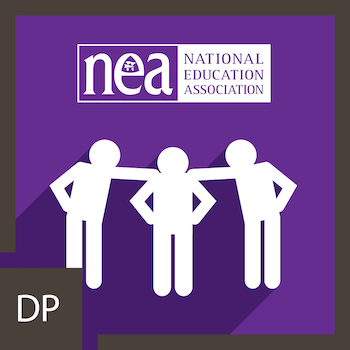
|
Understanding and Applying the Characteristics of Effective Teams for Success
Paraeducators and teachers understand and apply the characteristics of effective teams to improve the effectiveness of their team.
Types of Evidence Required: Inventory, Team Action Plan and Evidence of Implementation
[View PDF]
|
Start
|
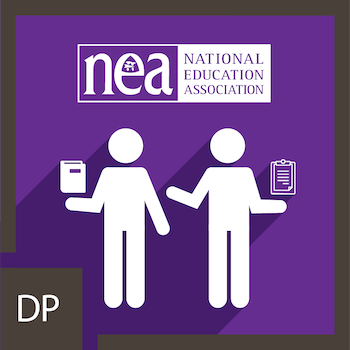
|
Understanding and Applying the Five "Knows" of Collaborative Teaming for Success
Paraeducators and teachers understand and apply the five "knows" of collaborative teaming to improve the effectiveness of their team.
Types of Evidence Required: Analysis, Assessment, Video and Action Plan
[View PDF]
|
Start
|
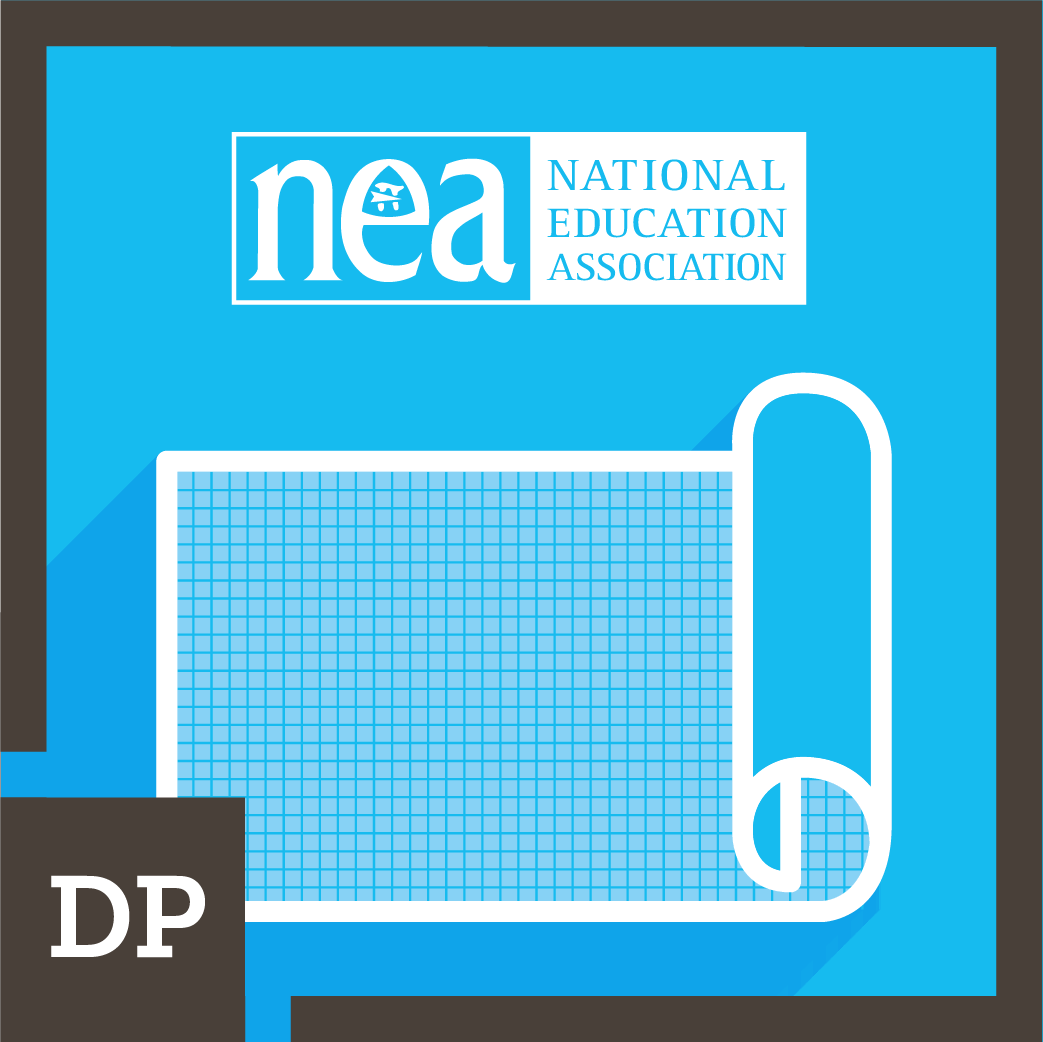
|
Using Data to Identify Problems and Issues
Leader compiles and analyzes data to identify their constituency's problems and issues.
Types of Evidence Required: Written artifact, 10-20-minute video AND written artifact, written artifact, written artifact
[View PDF]
|
Start
|
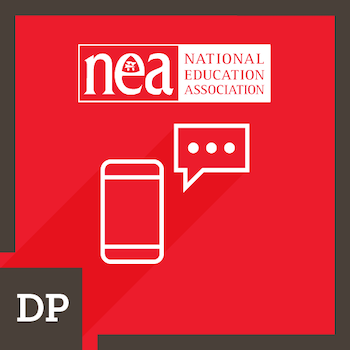
|
Using Technology to Engage Stakeholders
Educator works with other professionals and colleagues to build connections to community resources to support student learning.
Types of Evidence Required: List of Resources, Event Flyer and Photo Essay (Collage)
[View PDF]
|
Start
|
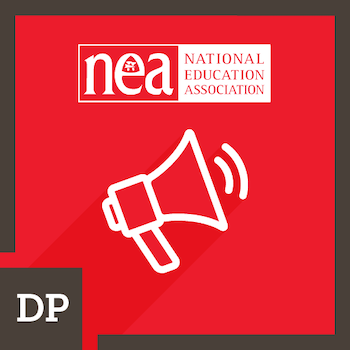
|
Using the Power of Educator Voice
Educator works with other professionals and colleagues to build connections to community resources to support student learning.
Types of Evidence Required: List of Resources, Event Flyer and Photo Essay (Collage)
[View PDF]
|
Start
|
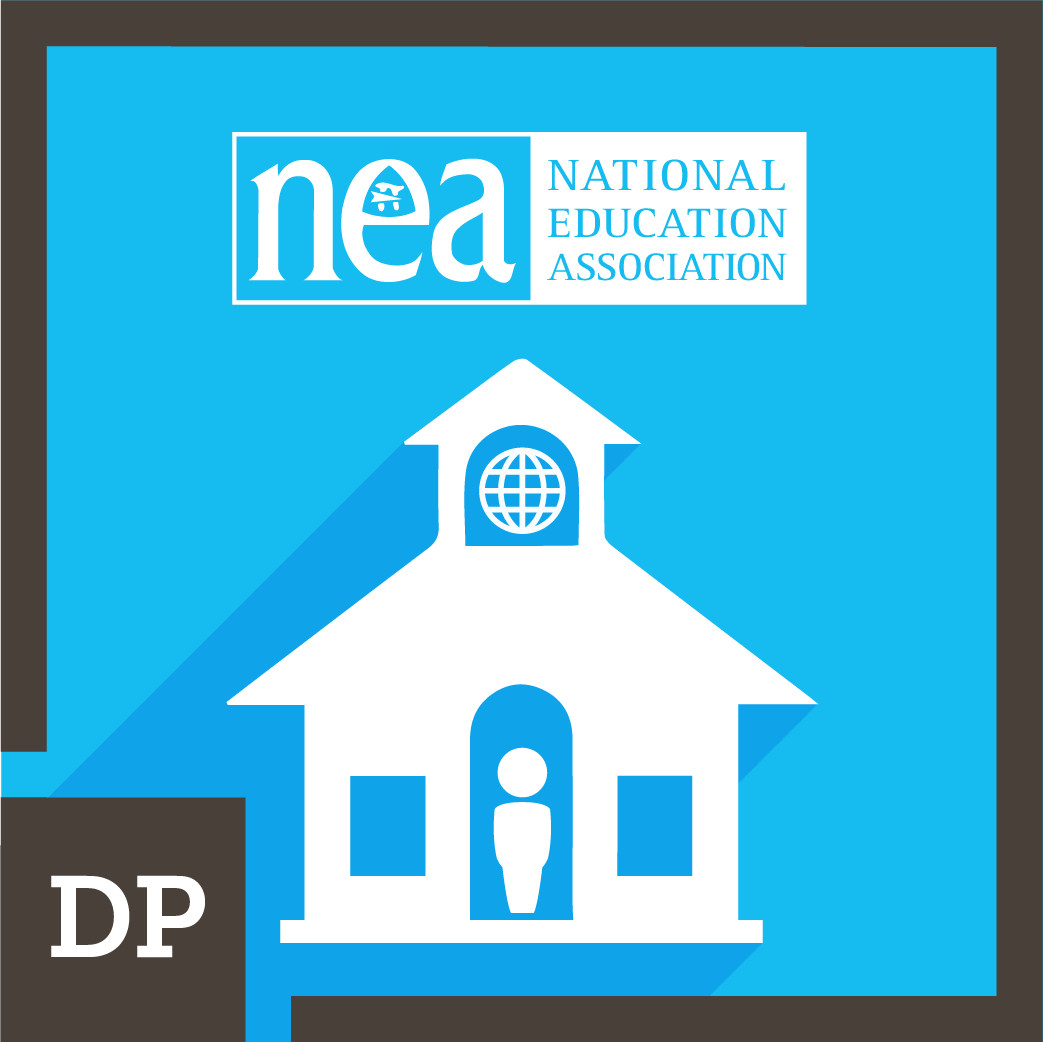
|
Using Worksite Mapping to Identify Leaders
Leader engages in identifying leaders by employing mapping skills and engaging in one-on-one conversations.
Types of Evidence Required: Worksite map (written artifact), written artifact, written artifact OR video AND written artifact, written artifact
[View PDF]
|
Start
|
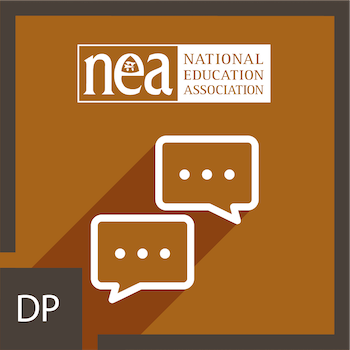
|
Virtual Engagement Strategies for Asynchronous Learning
Facilitator uses a variety of strategies and digital tools to engage learners in asynchronous learning.
Types of Evidence Required: Virtual Learning Group, and description
[View PDF]
|
Start
|
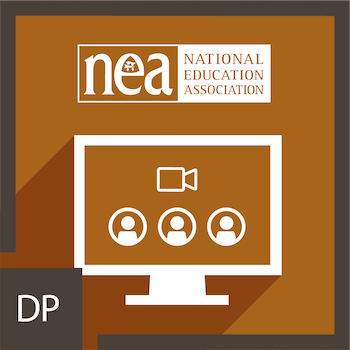
|
Virtual Engagement Strategies for Synchronous Learning
Educator uses a variety of strategies to engage their learners in a synchronous setting.
Types of Evidence Required: Agenda OR Presentation, Video, and evidence of collaboration
[View PDF]
|
Start
|